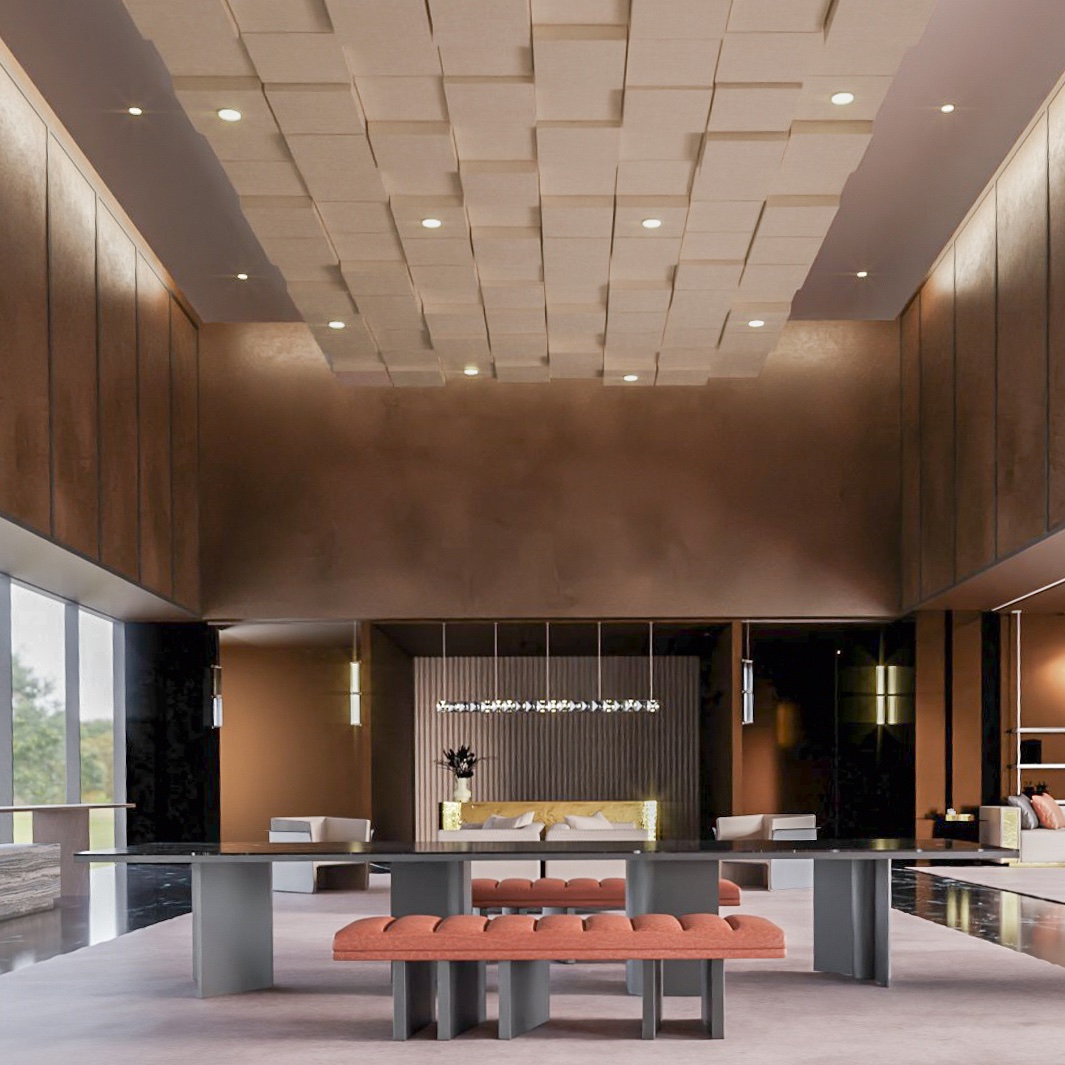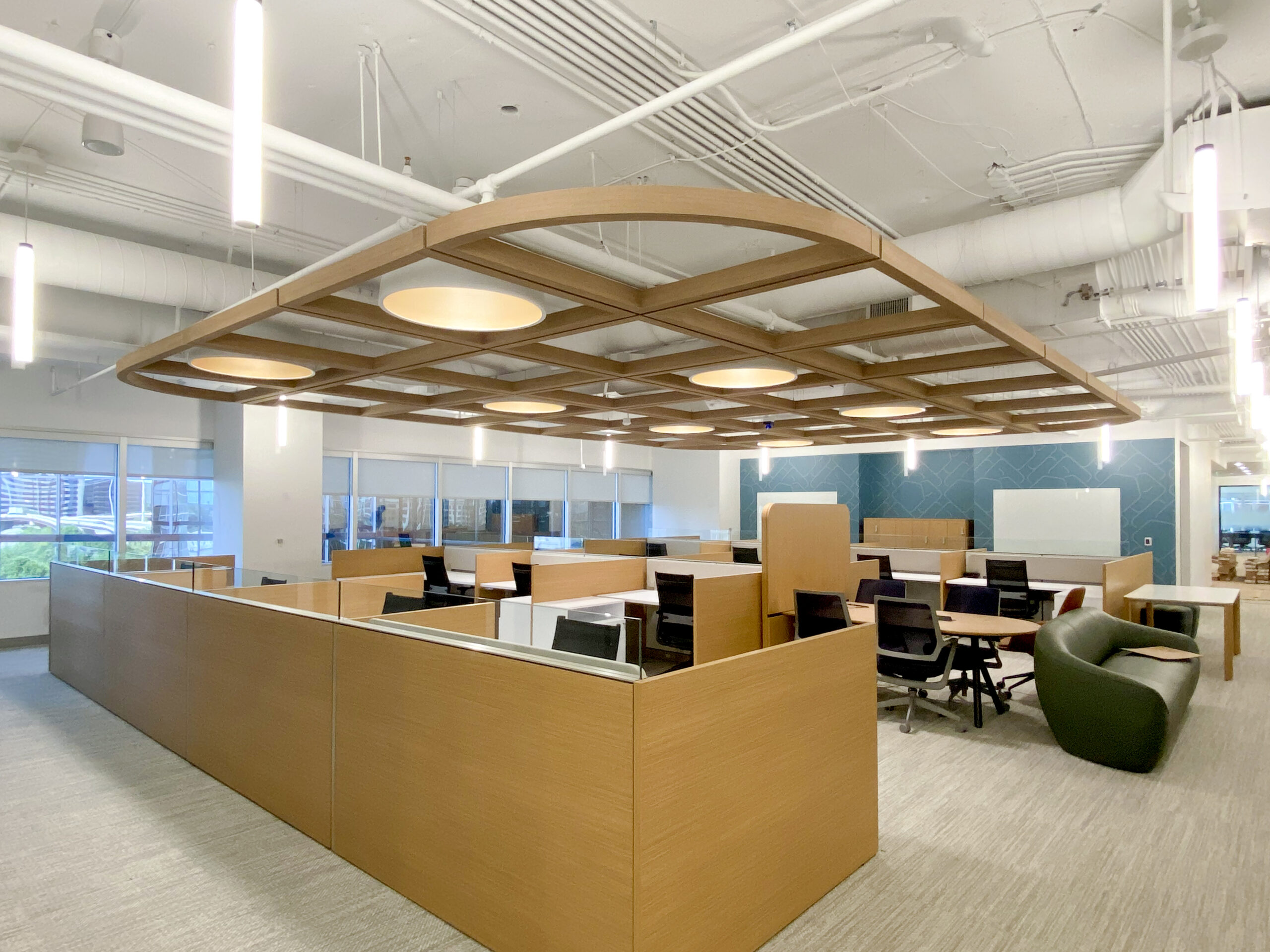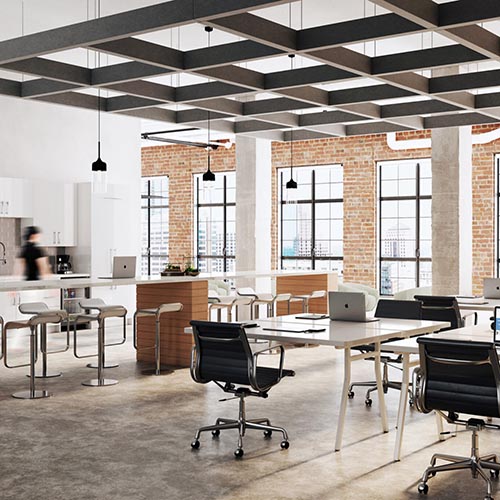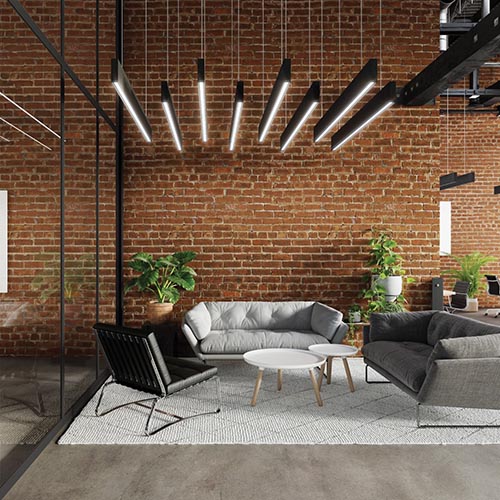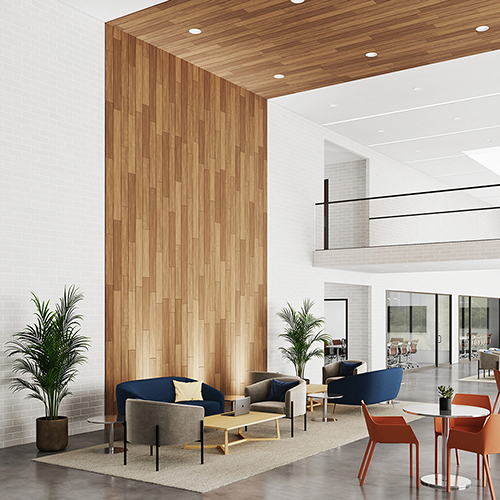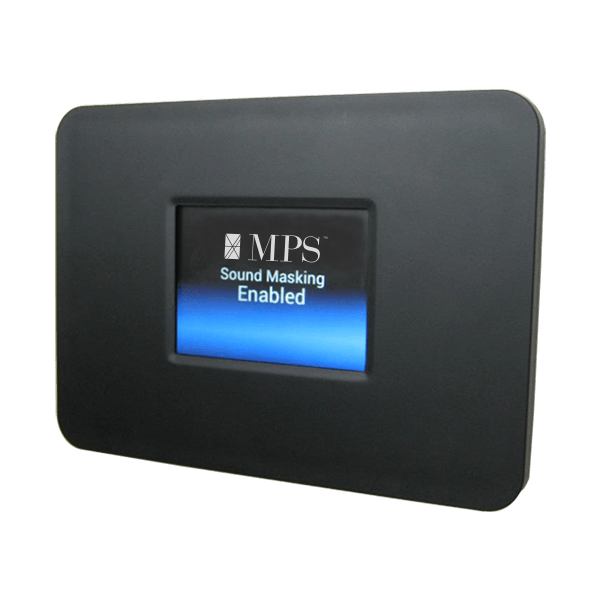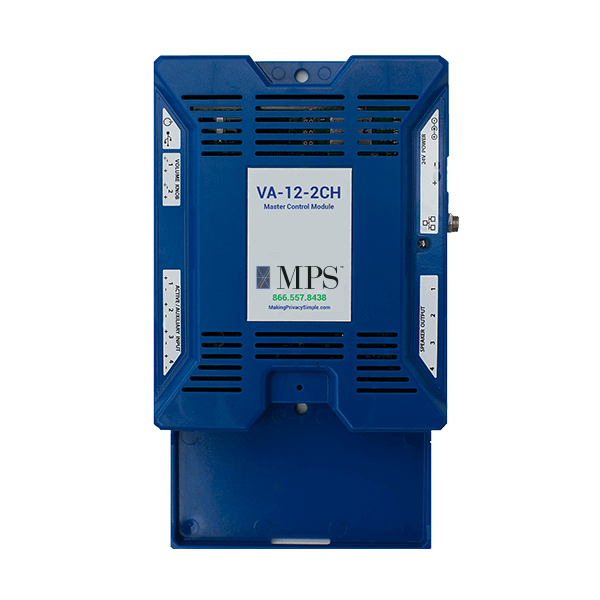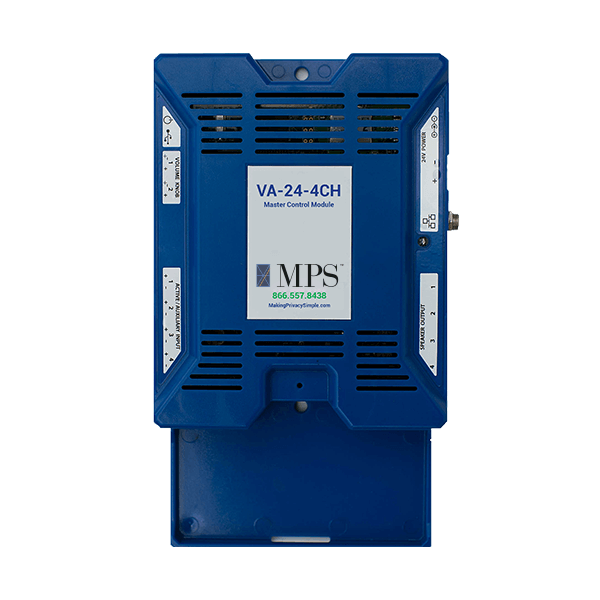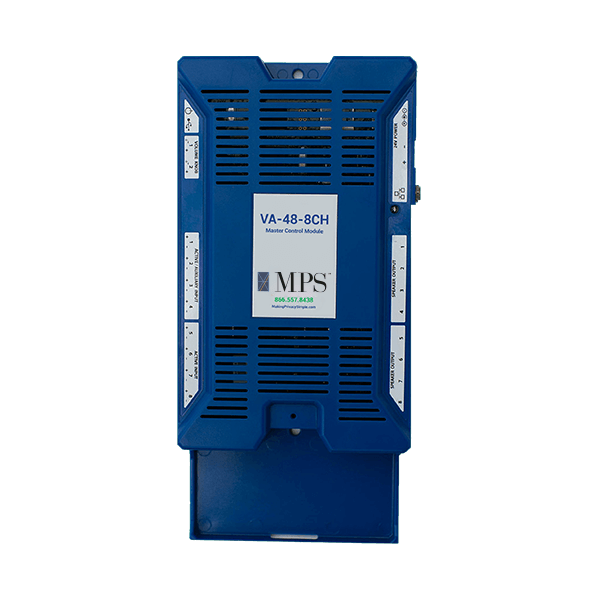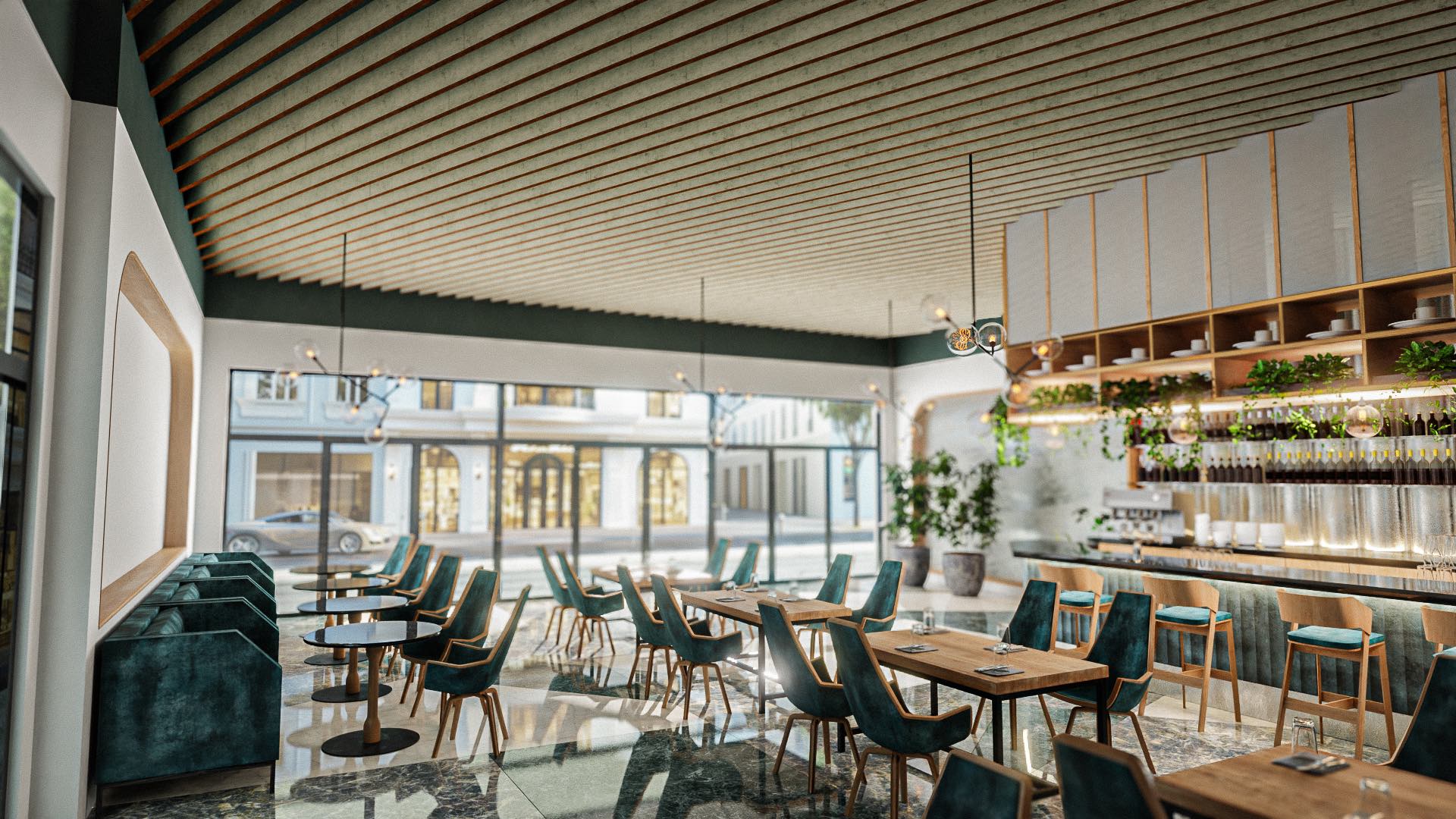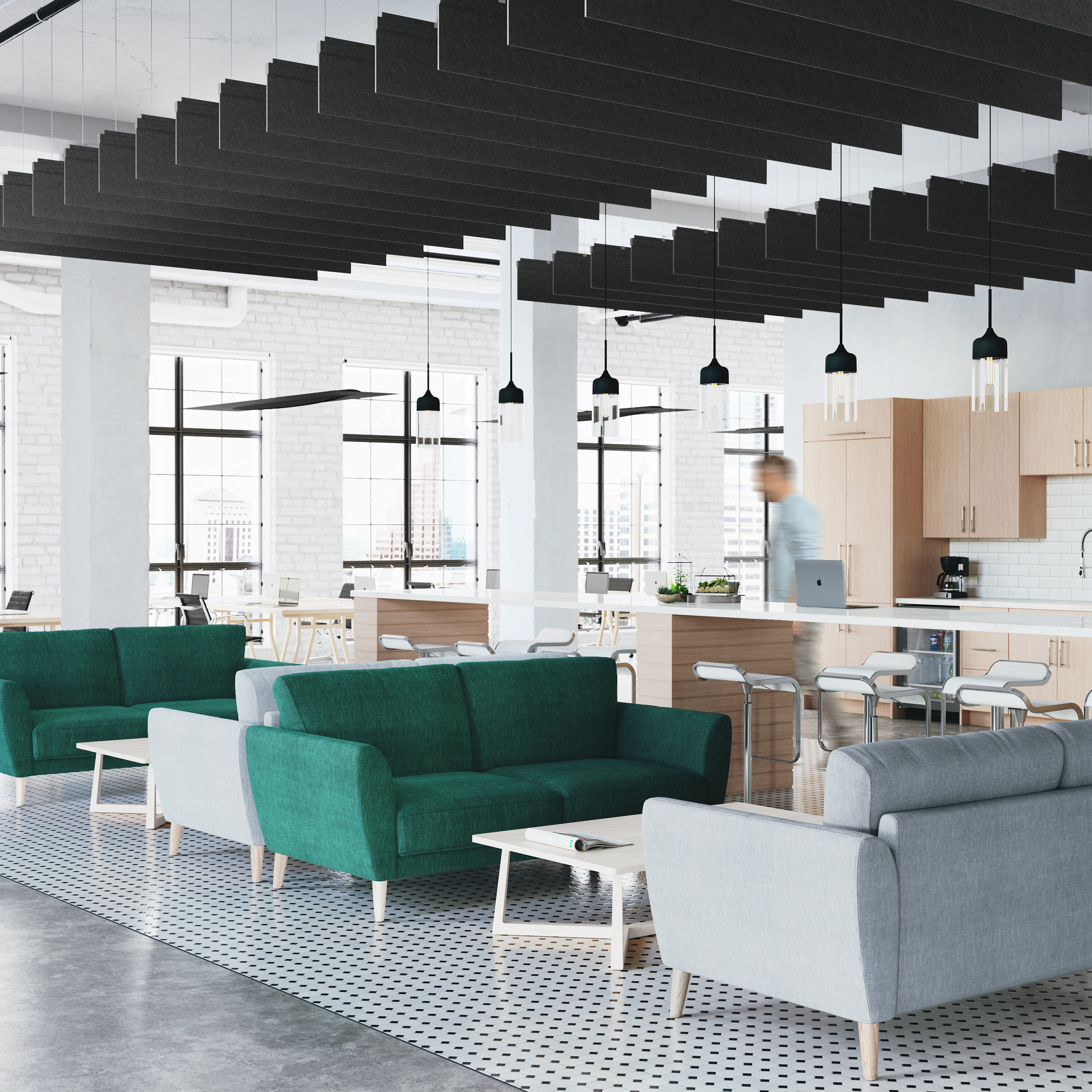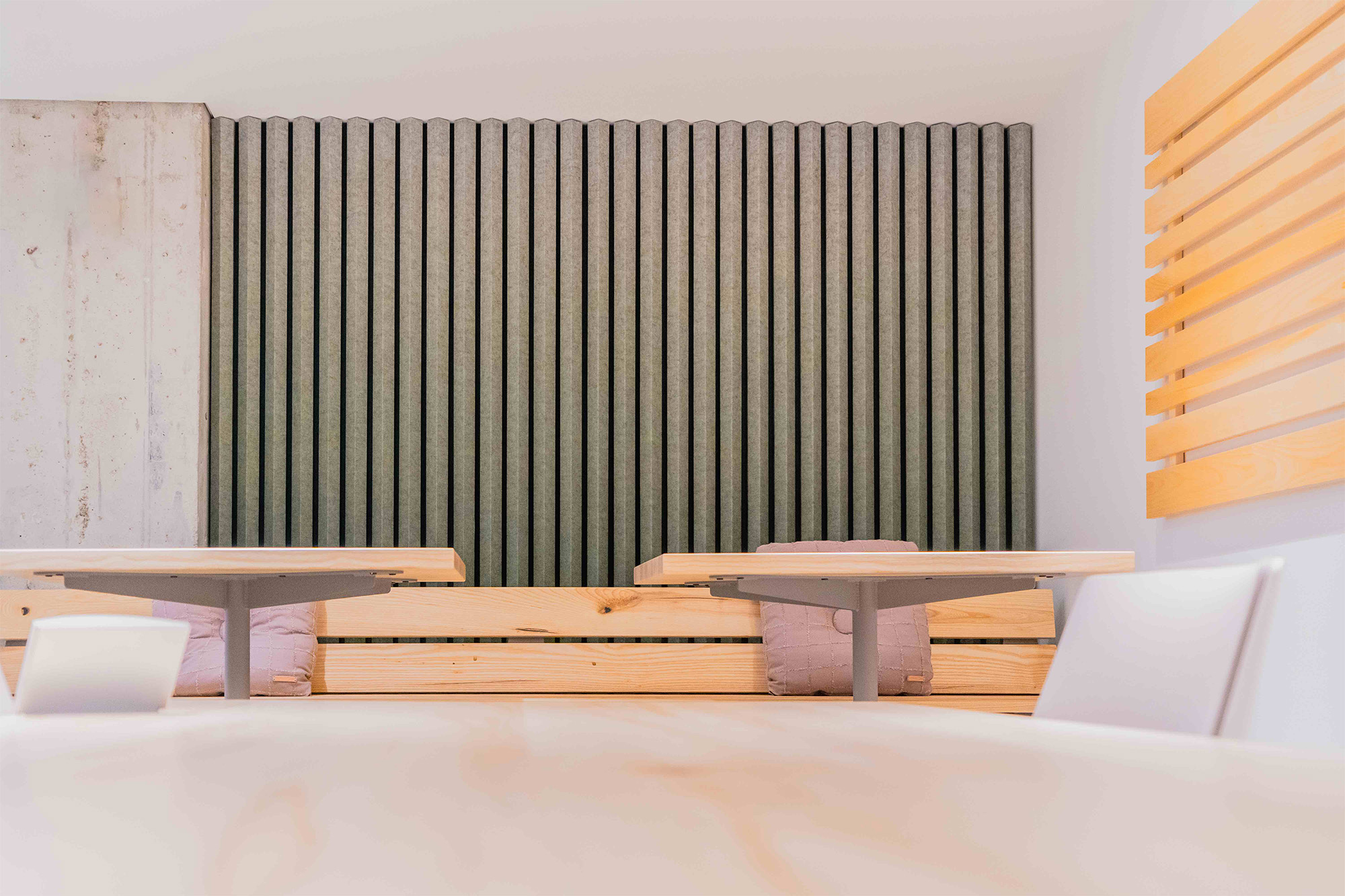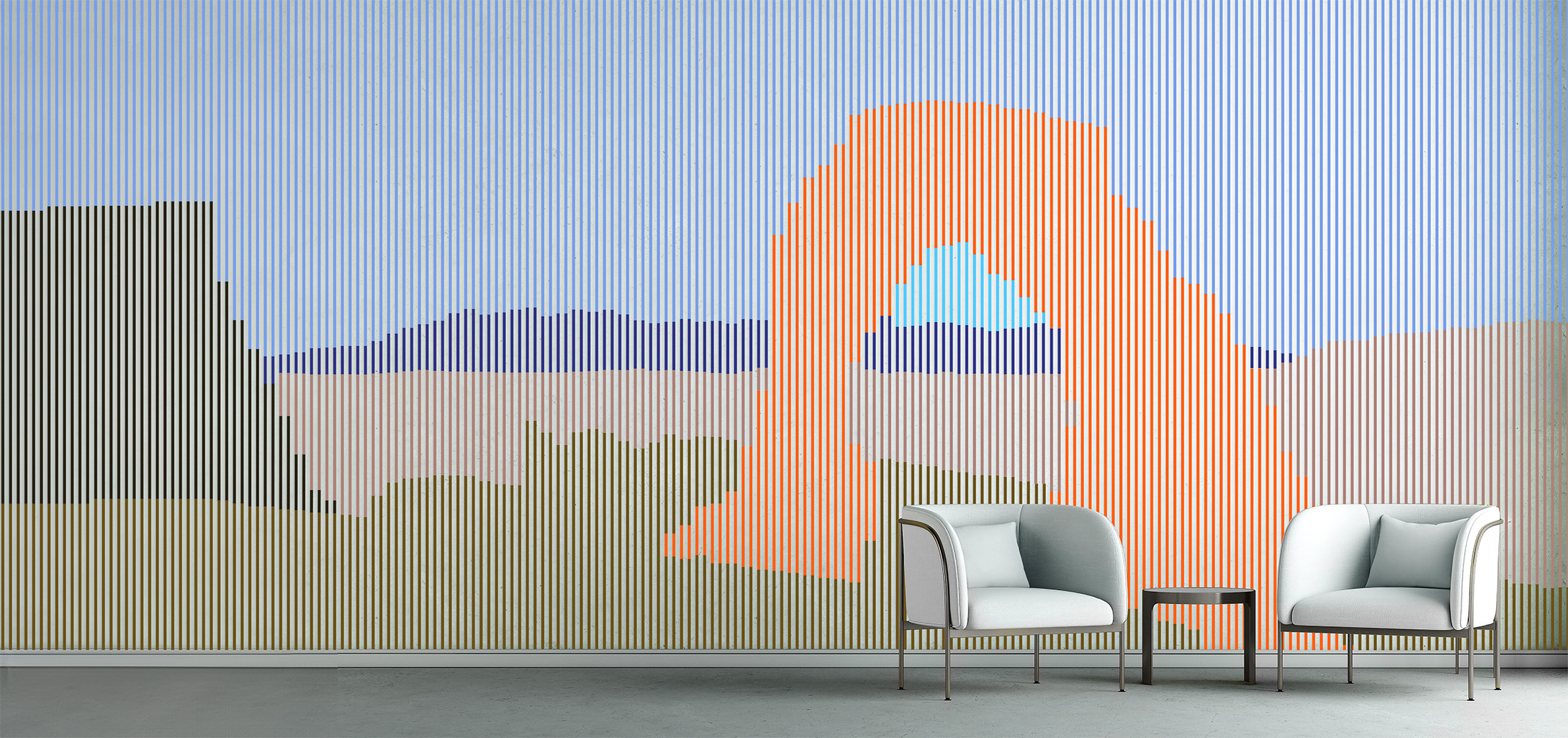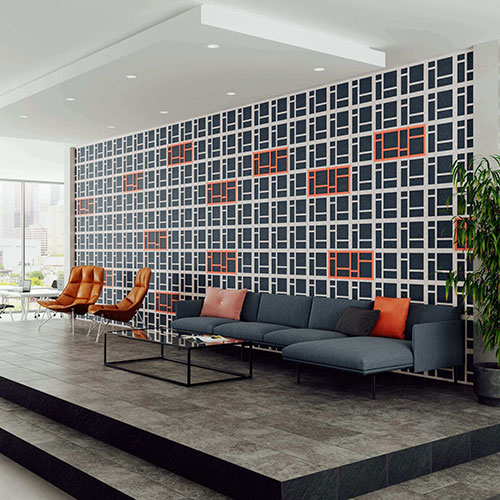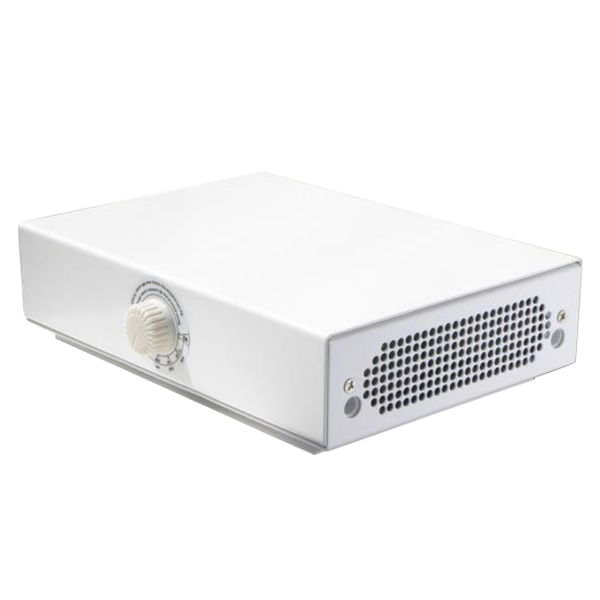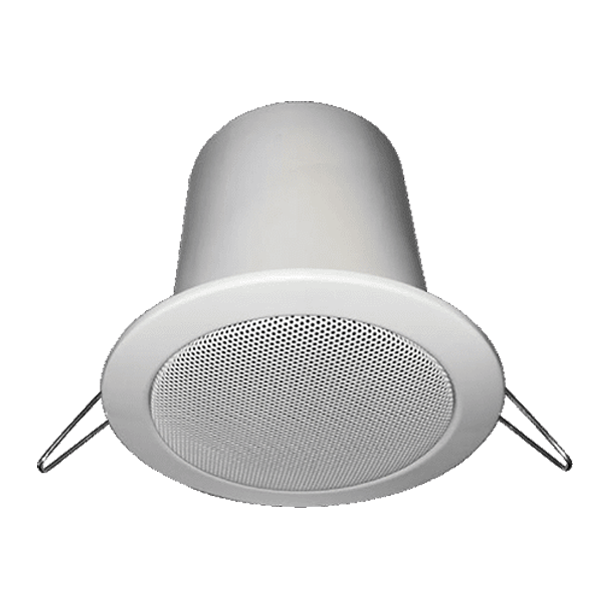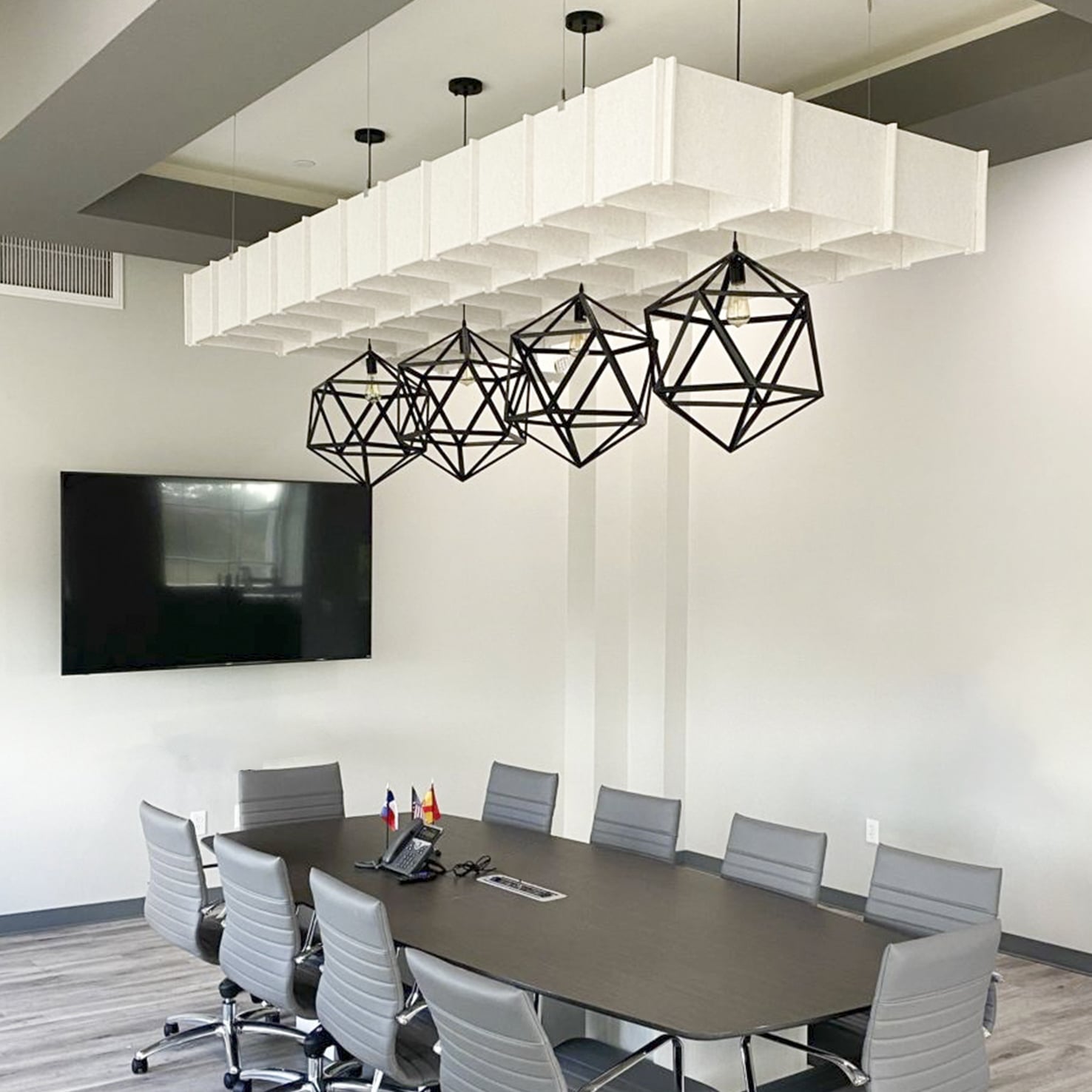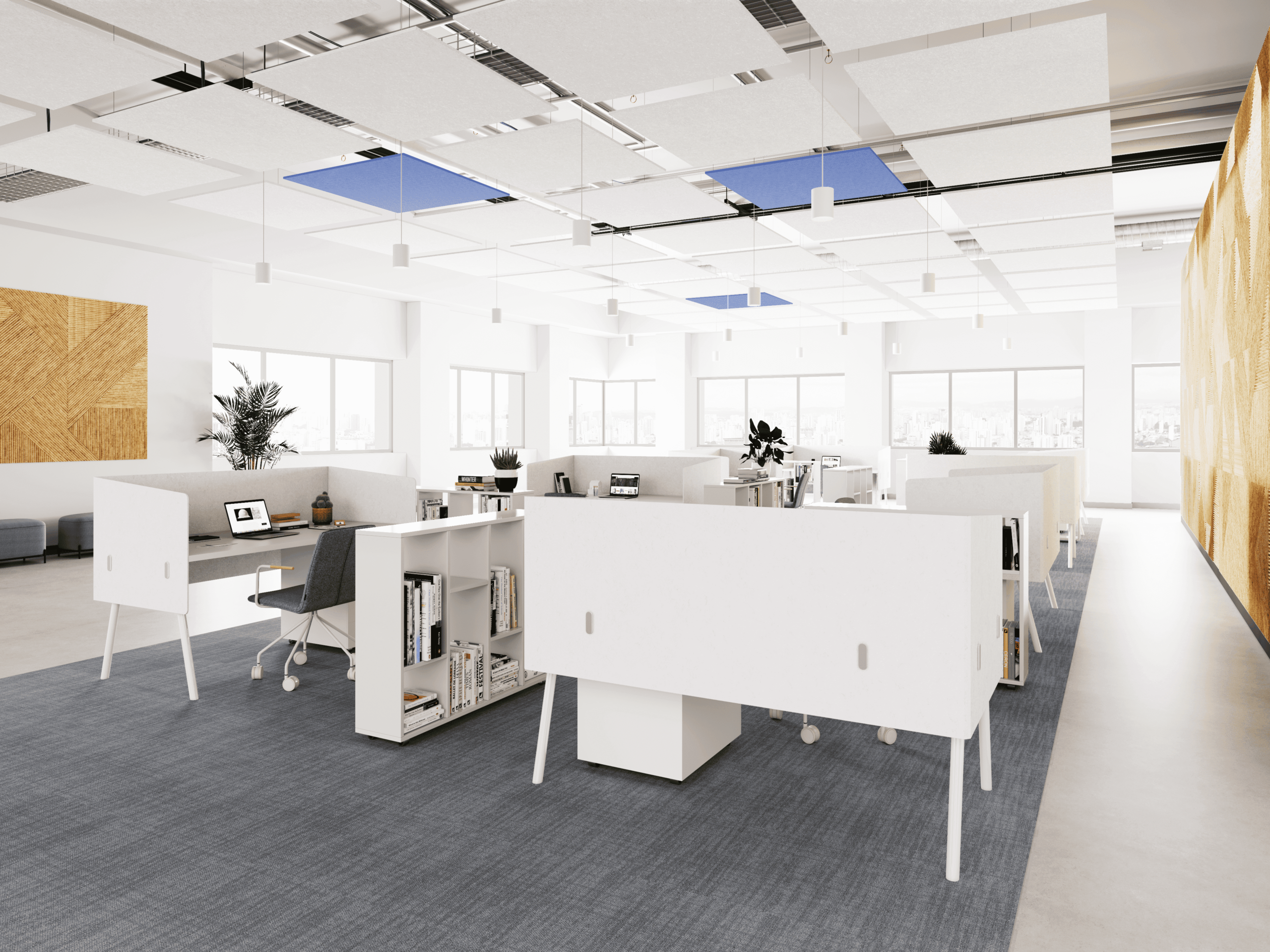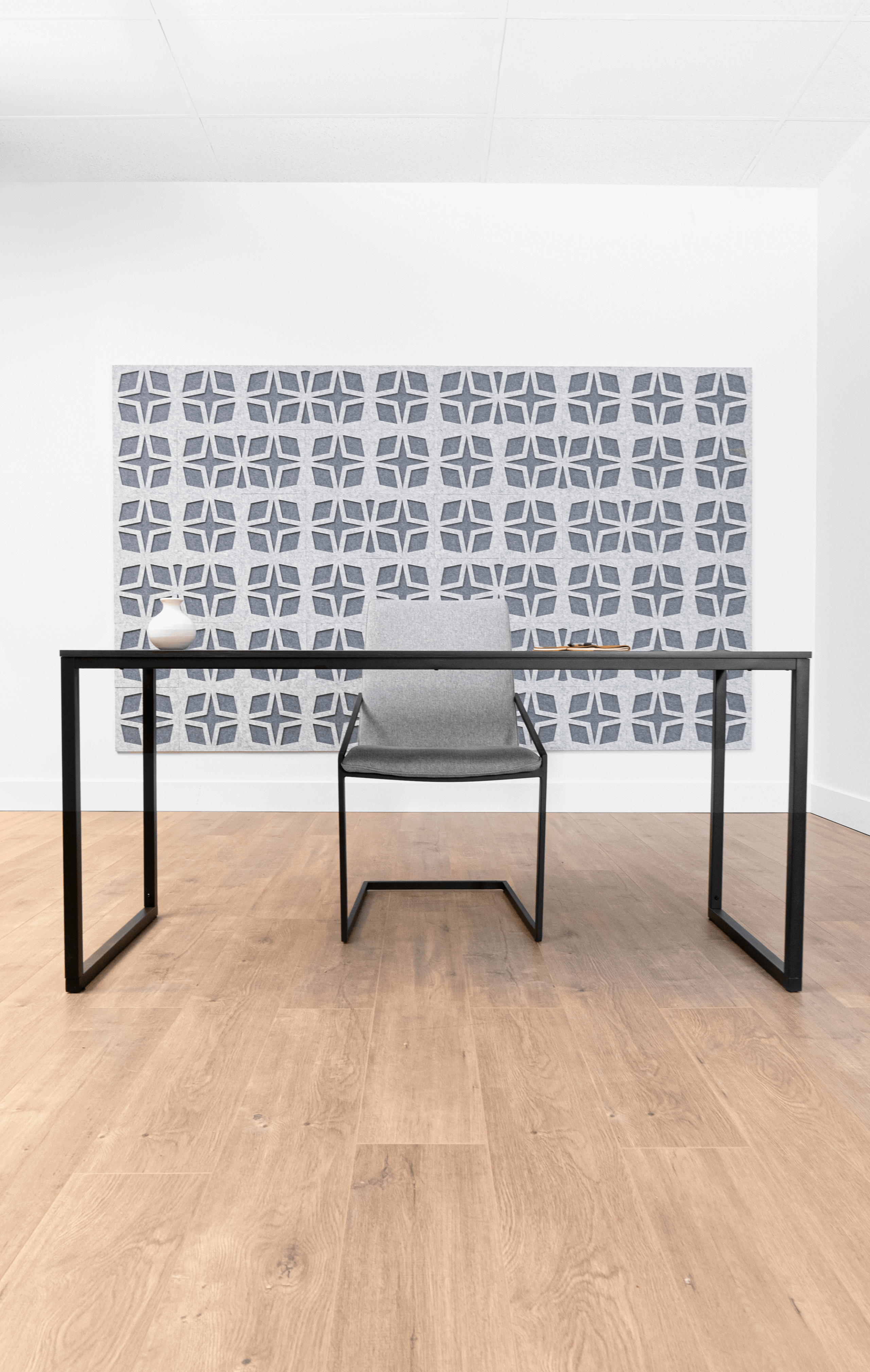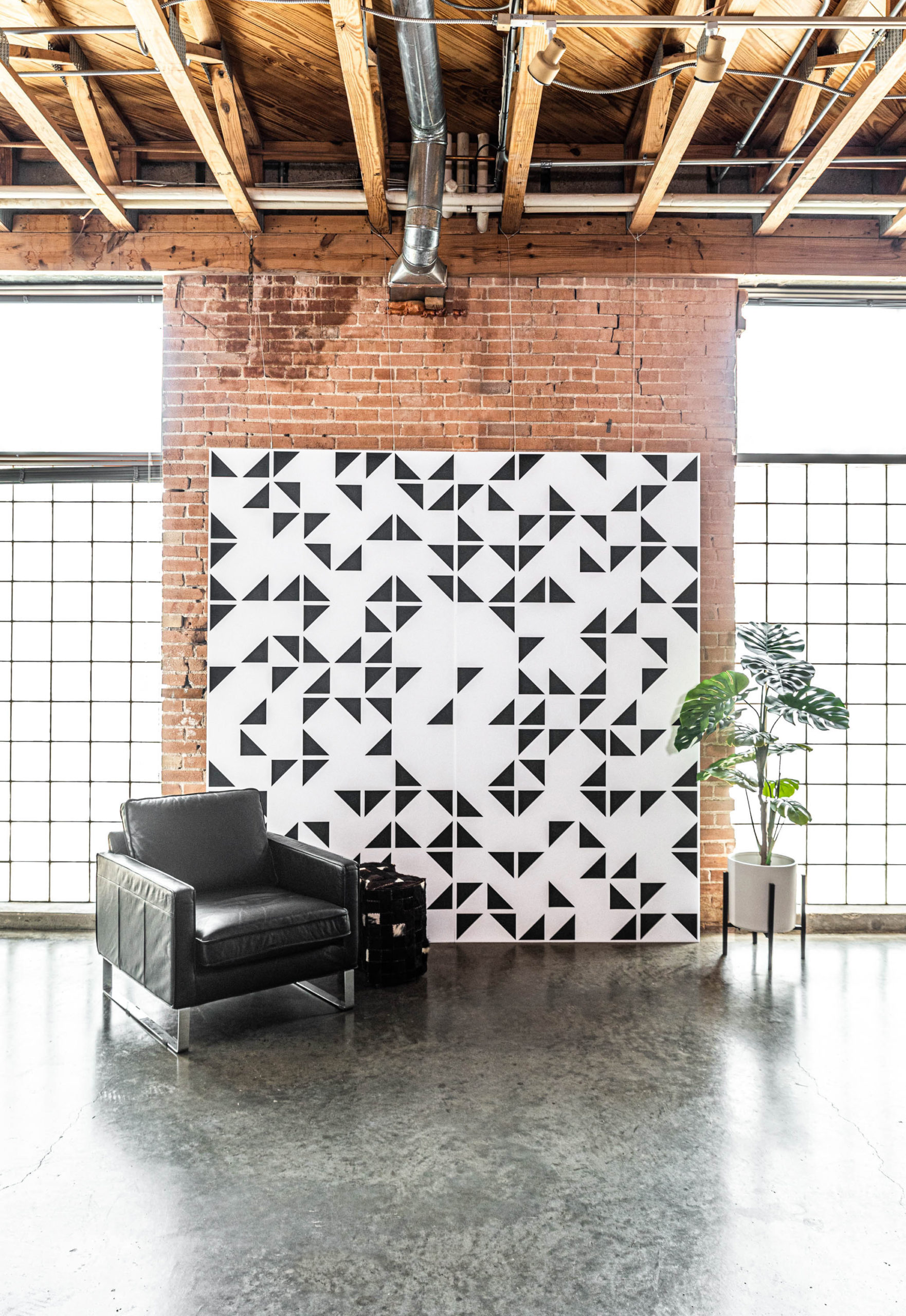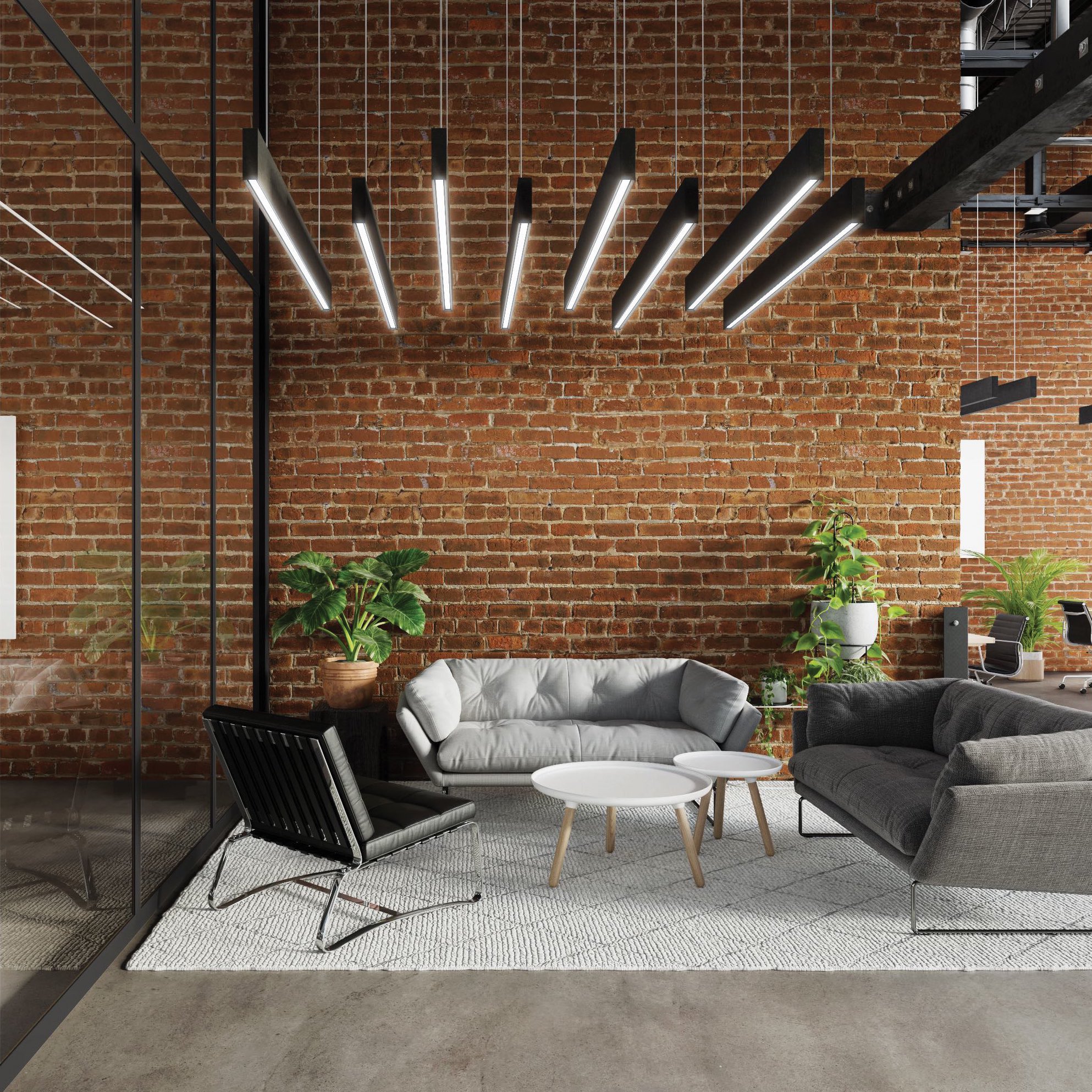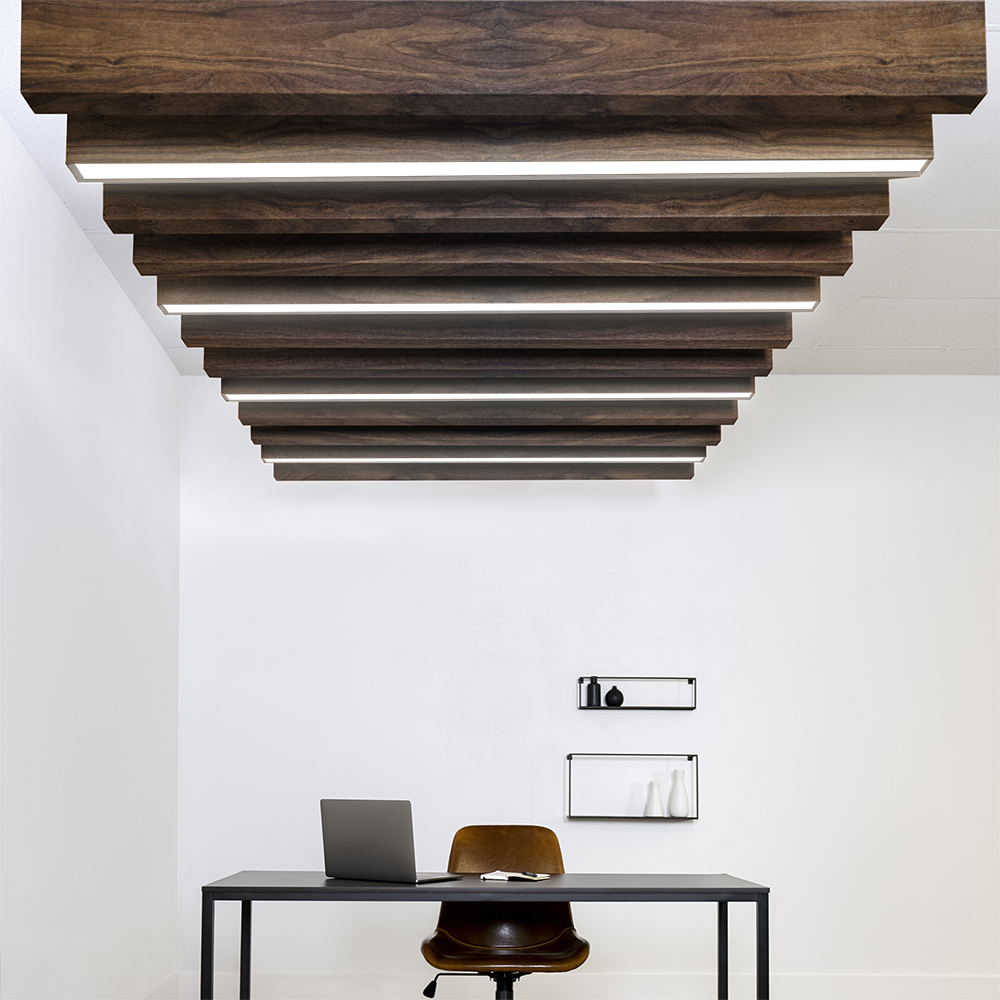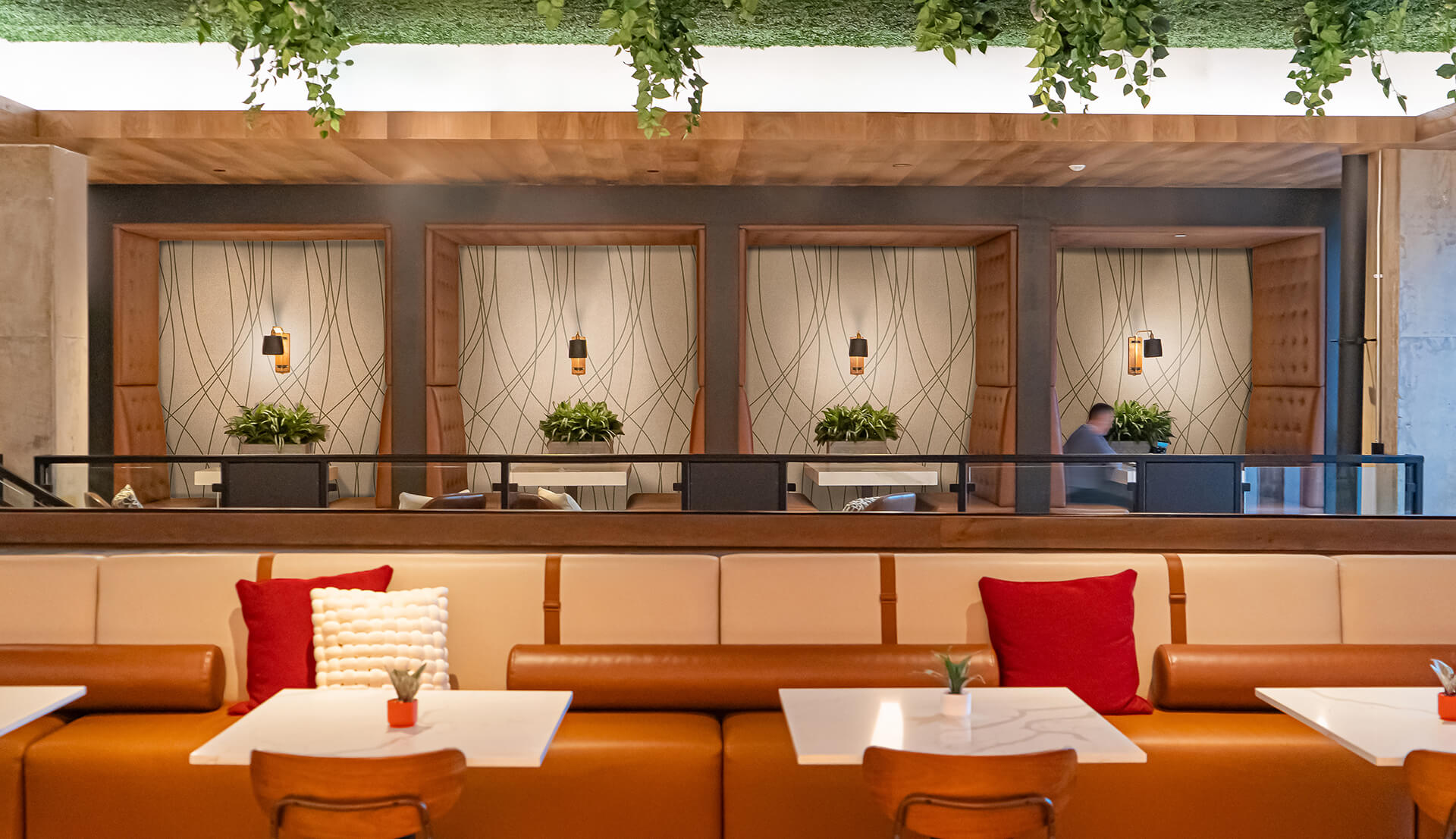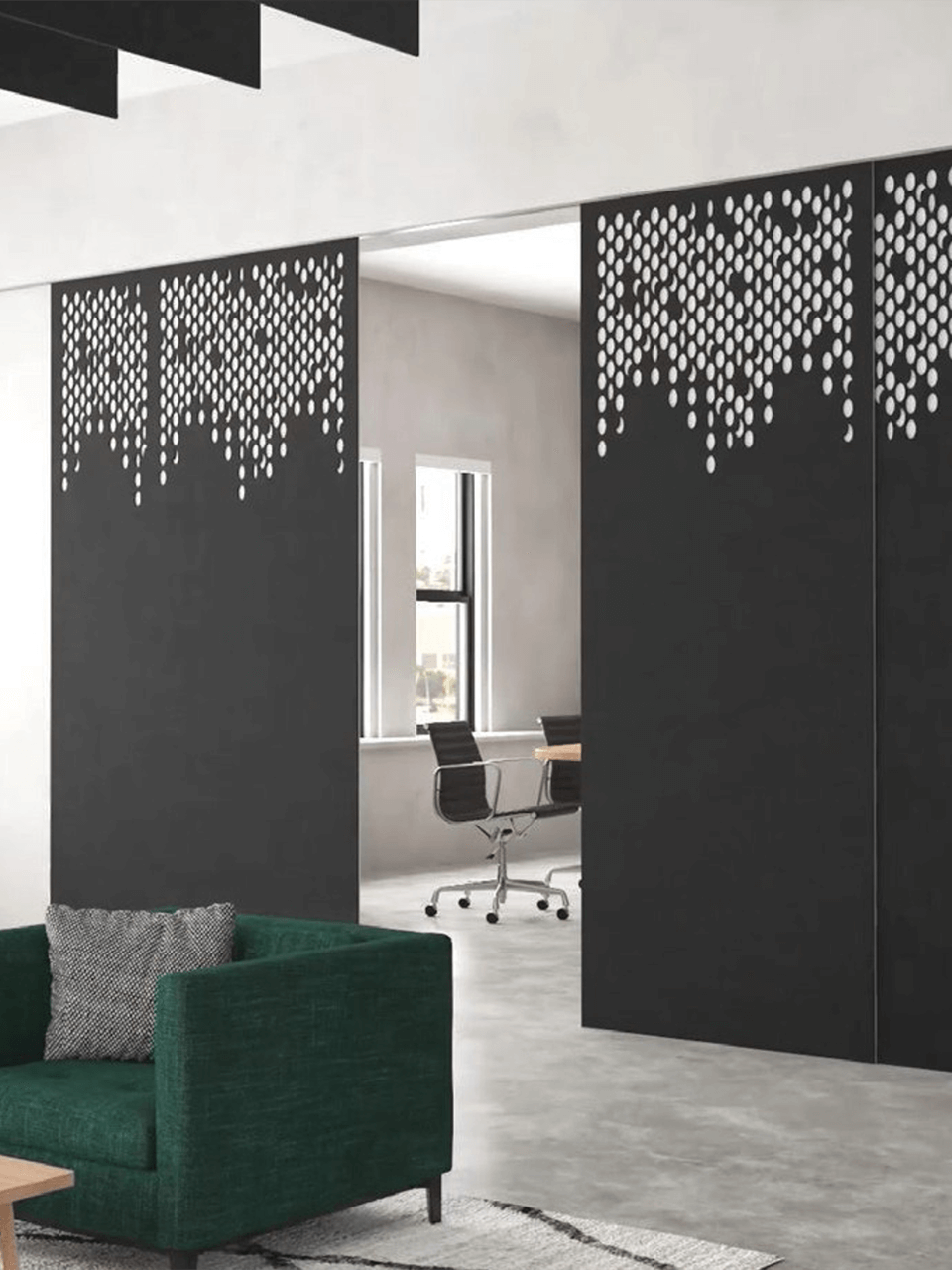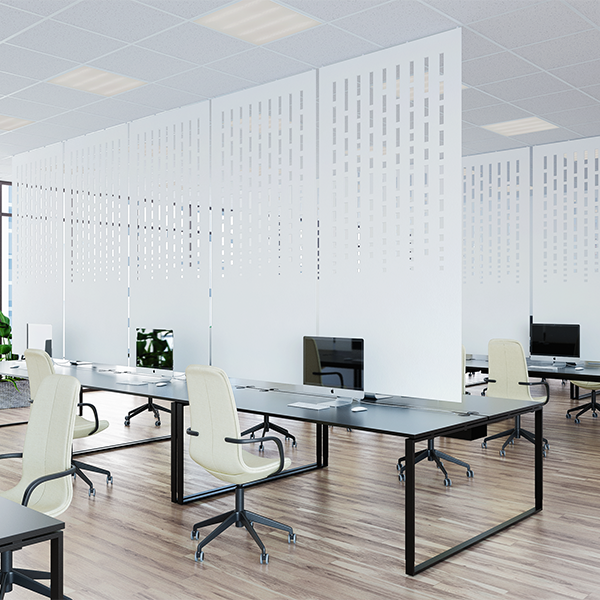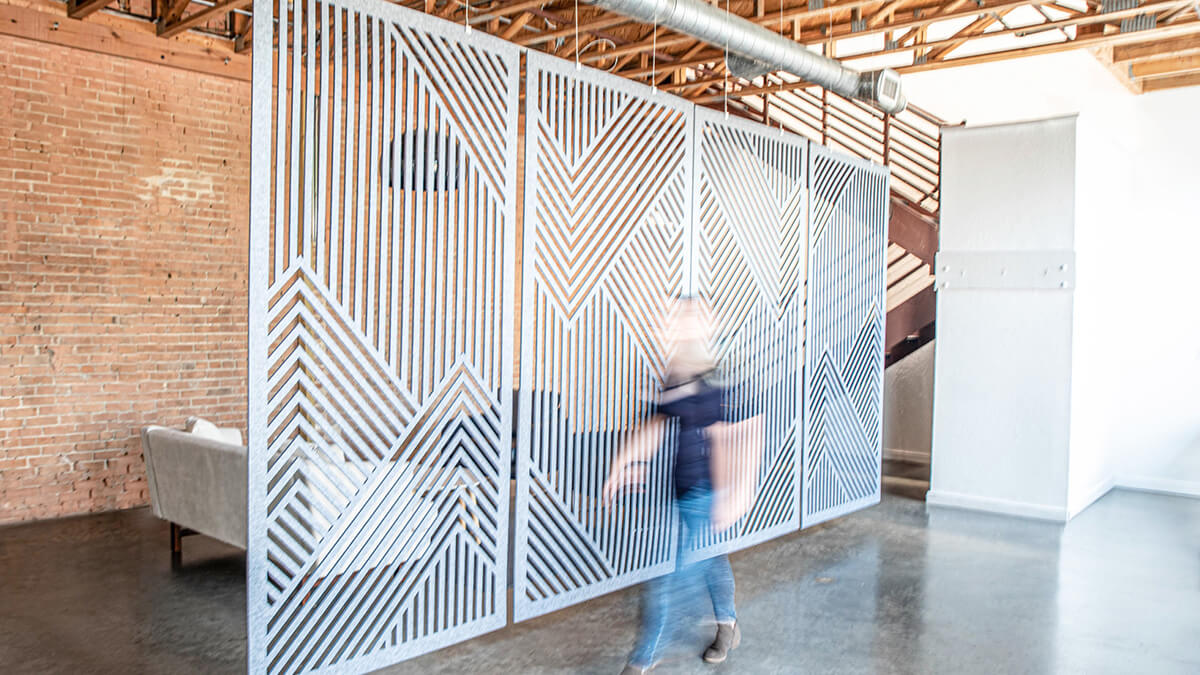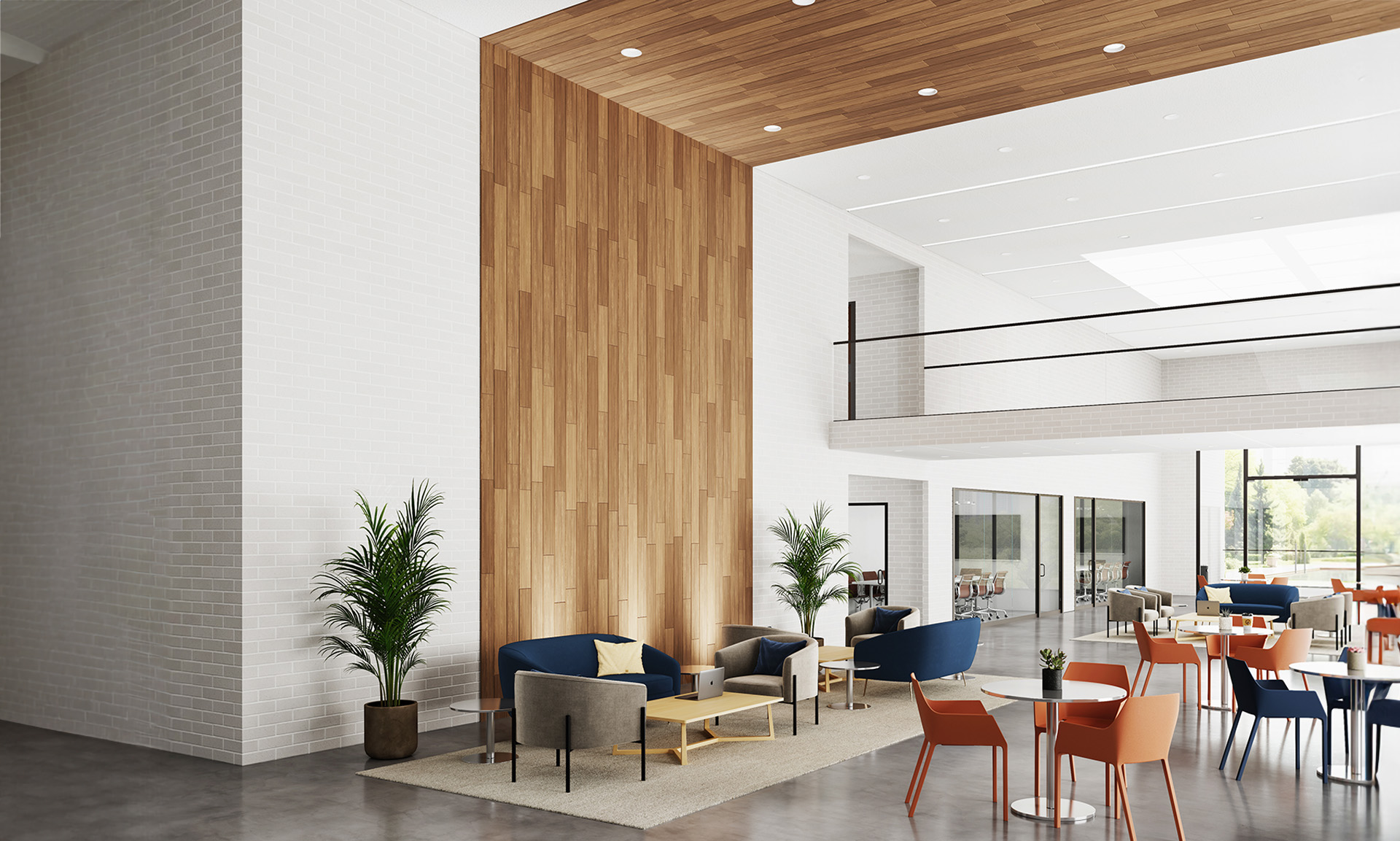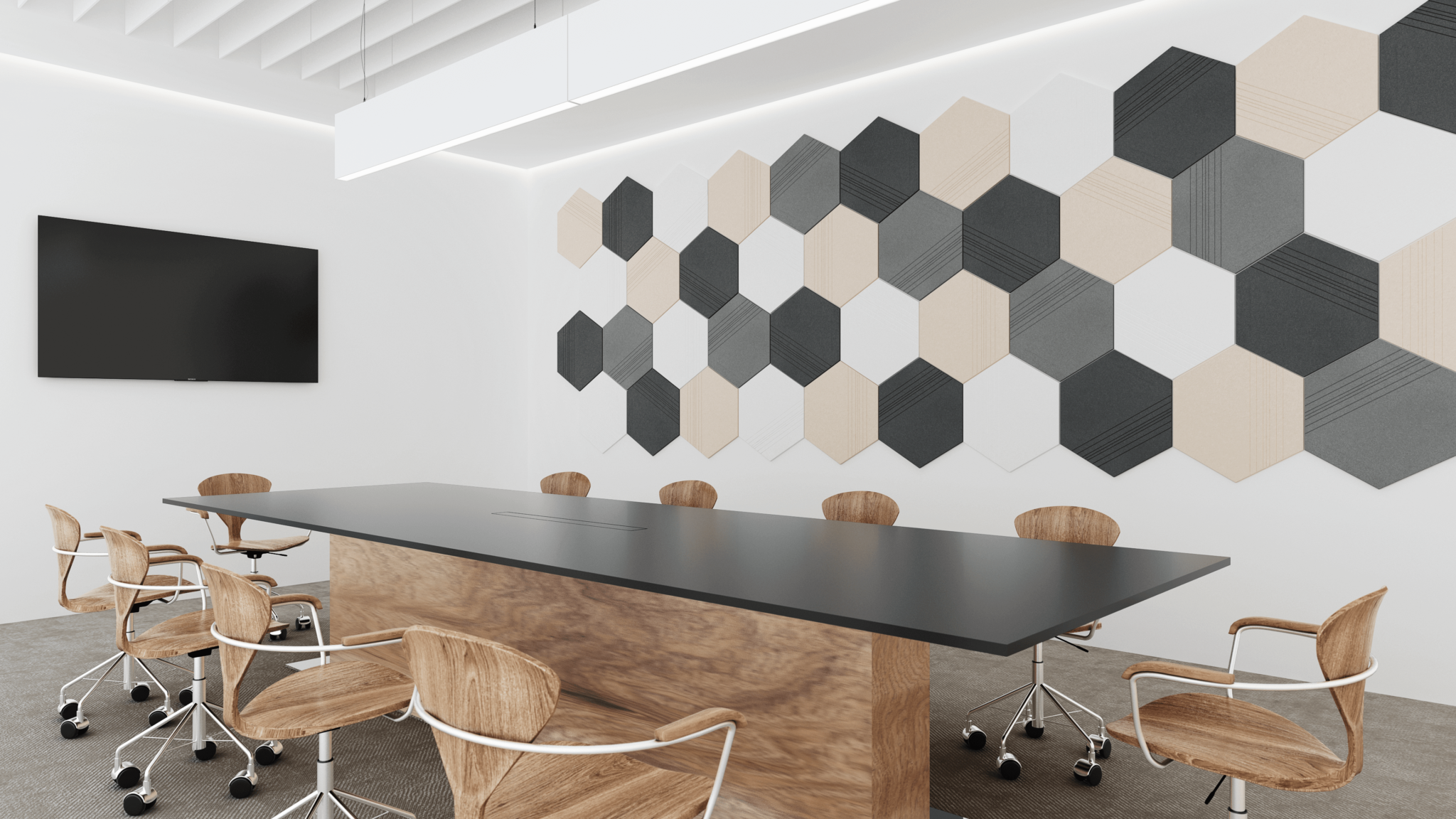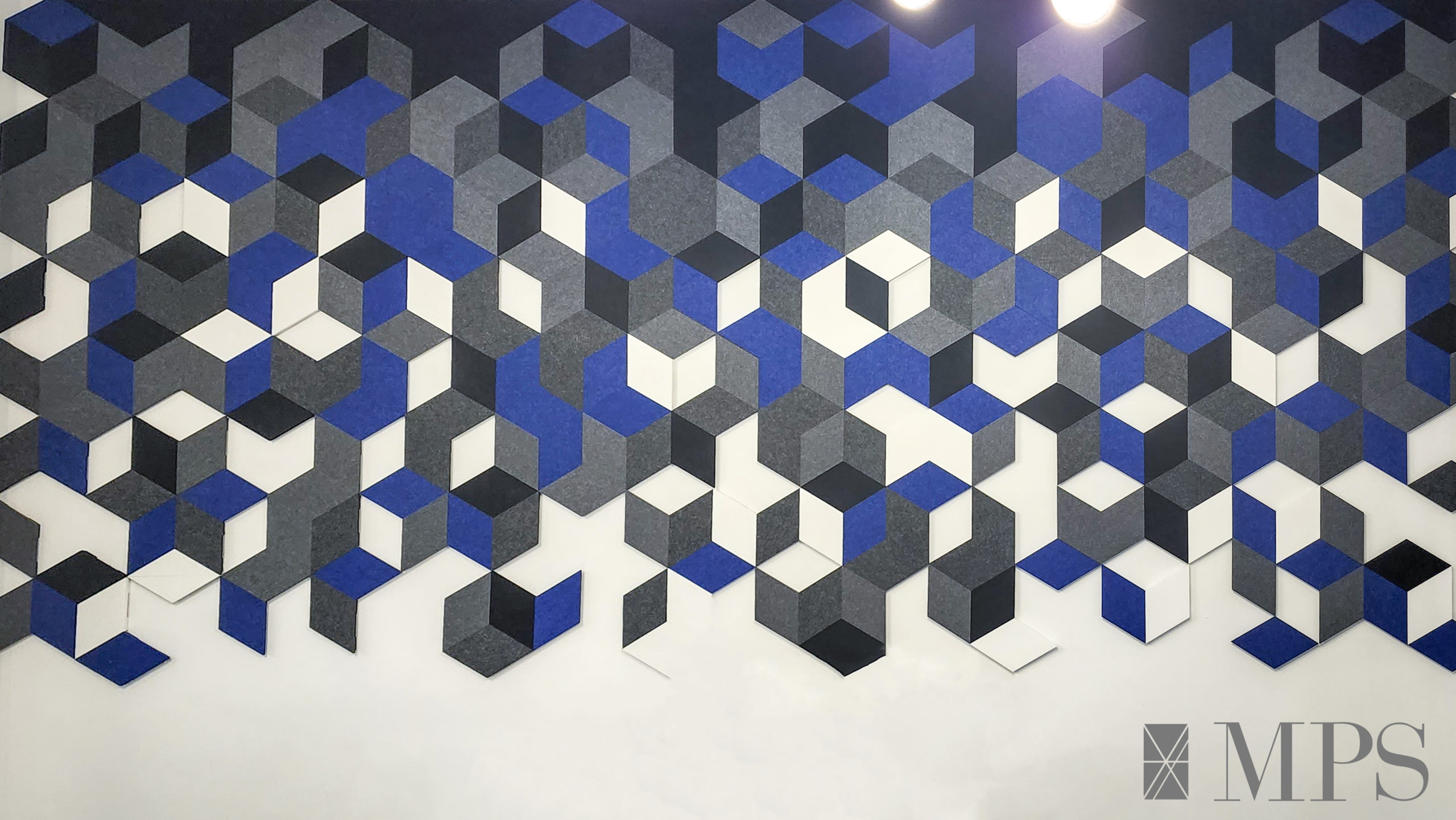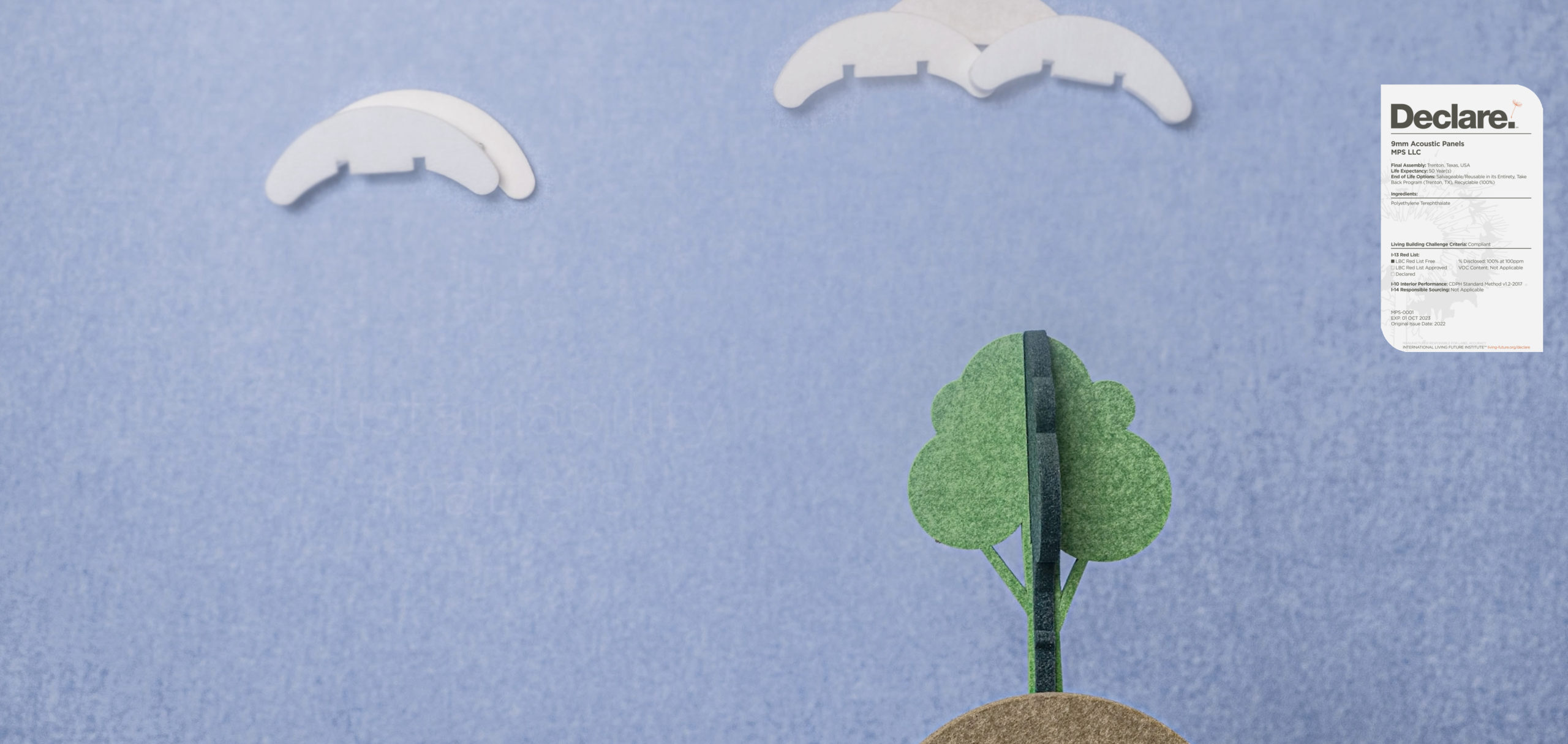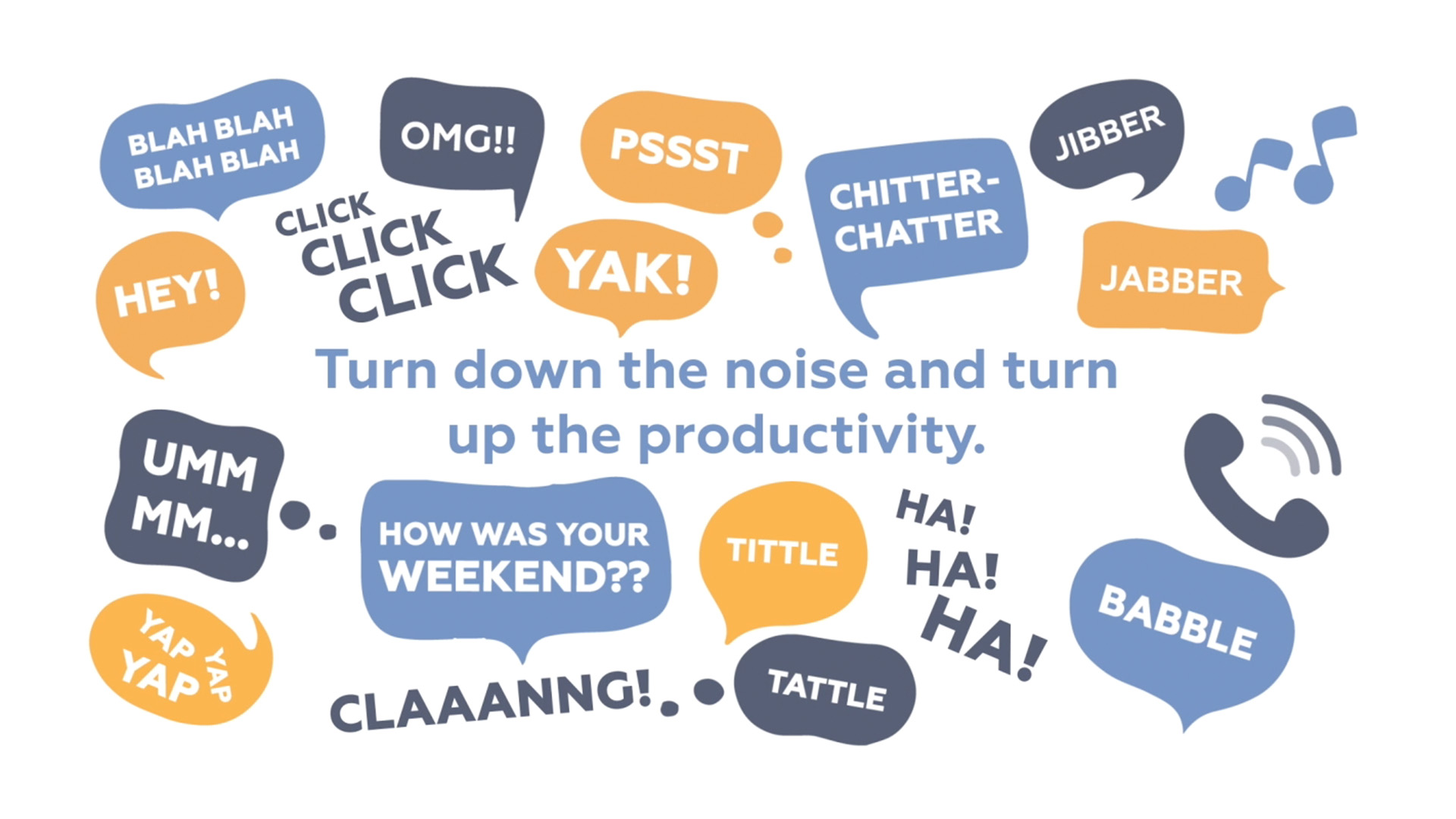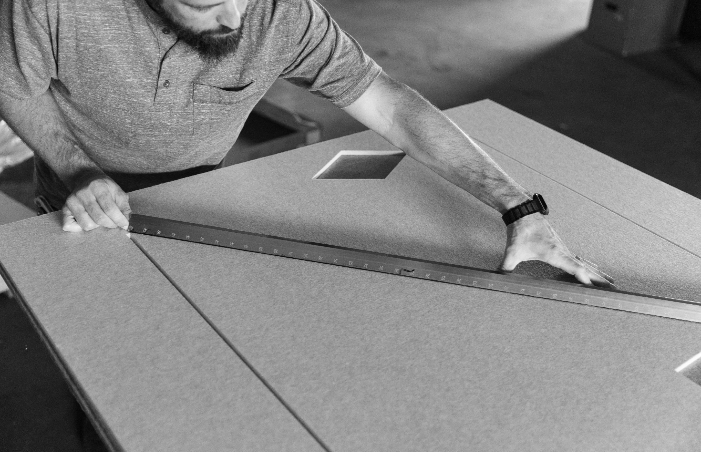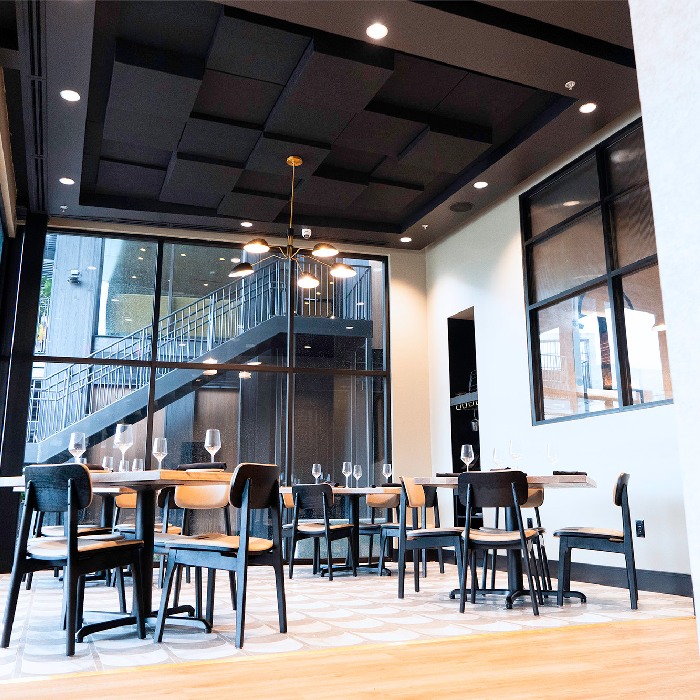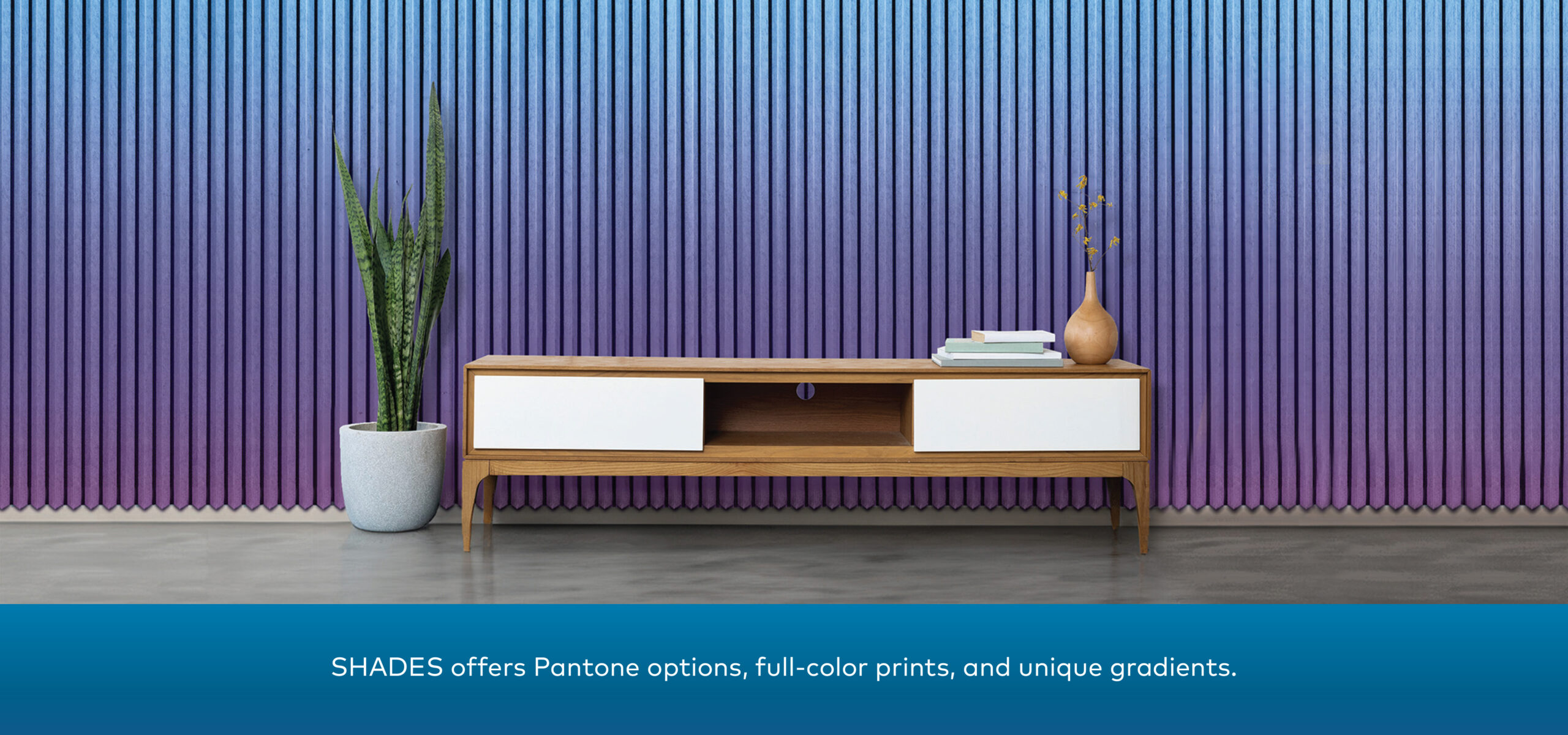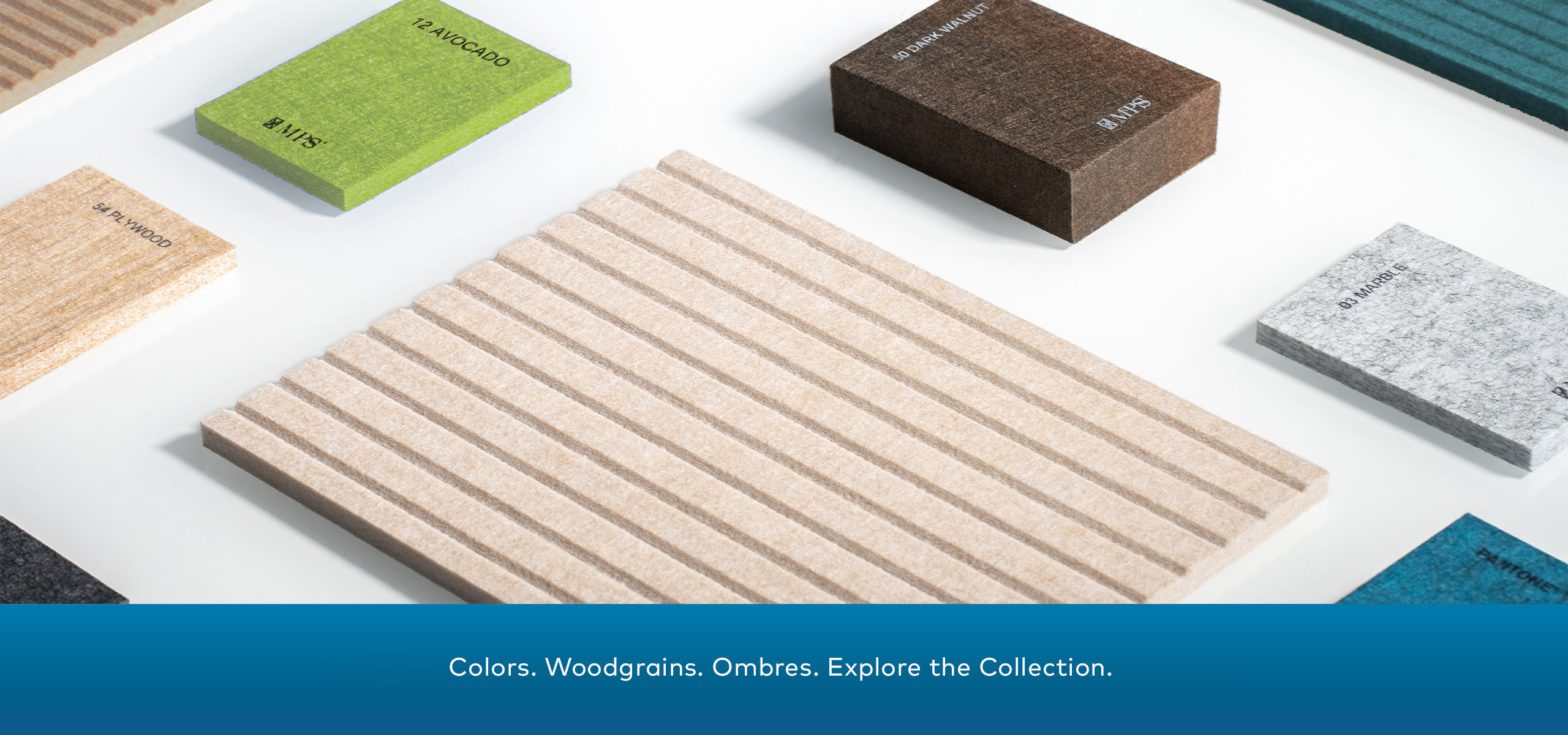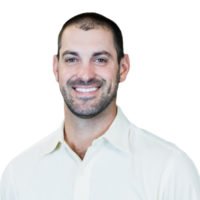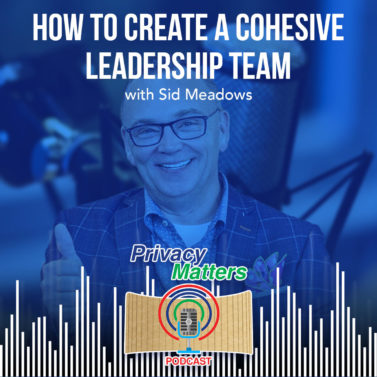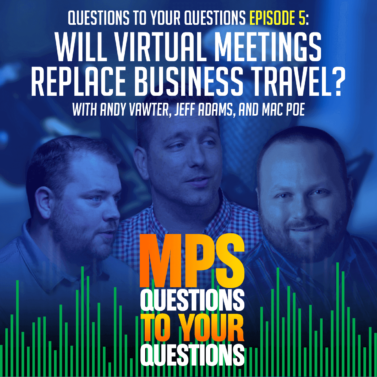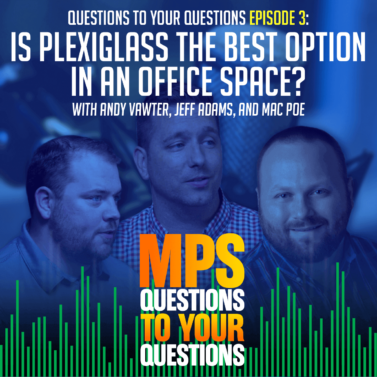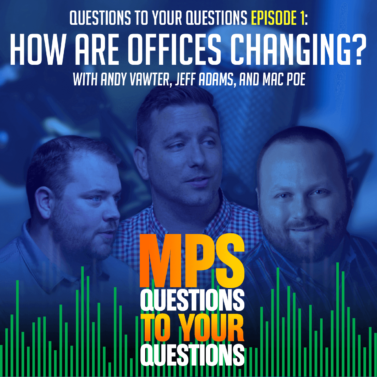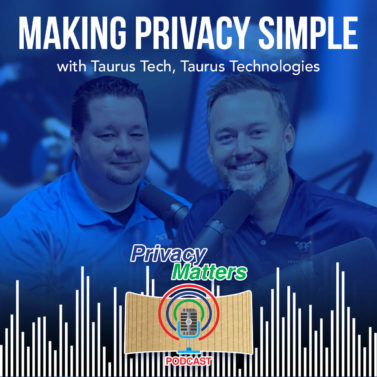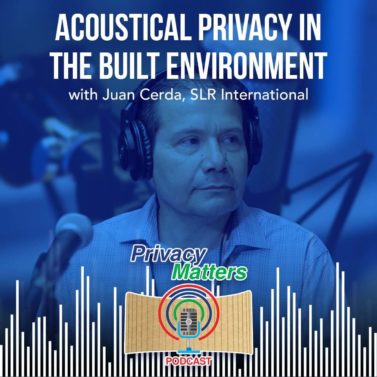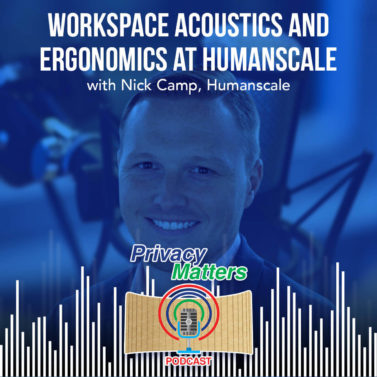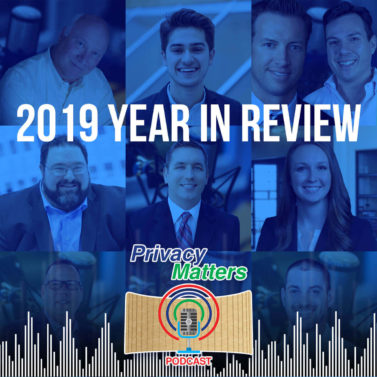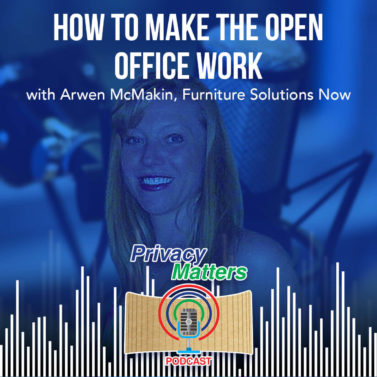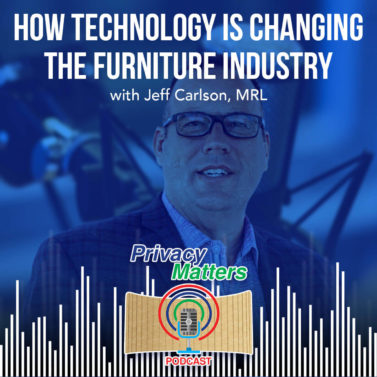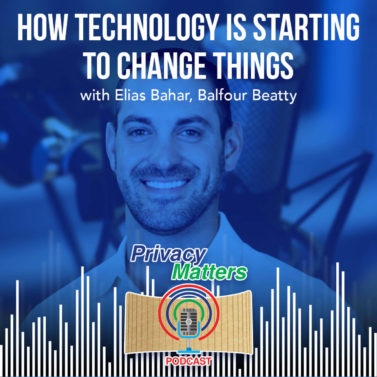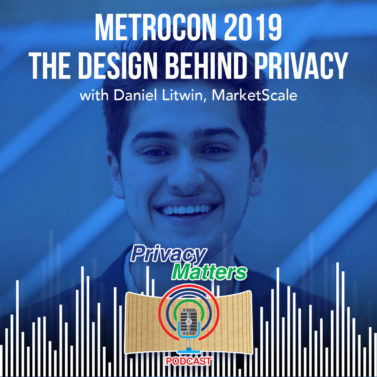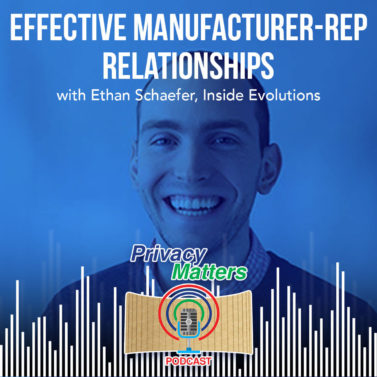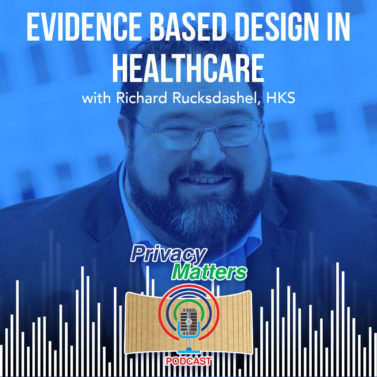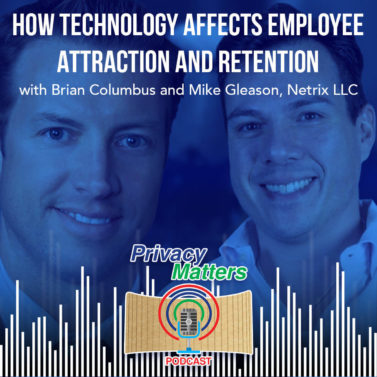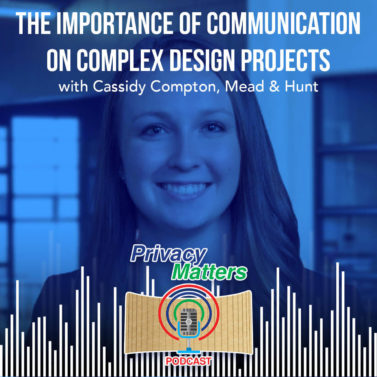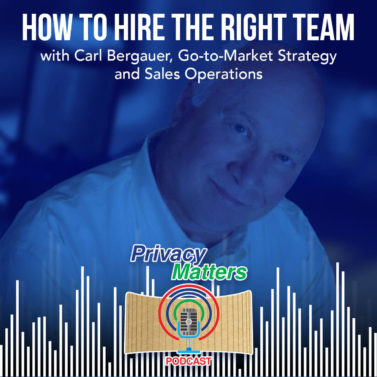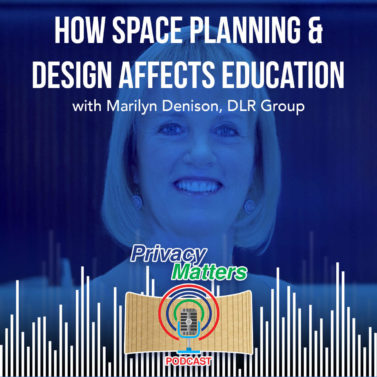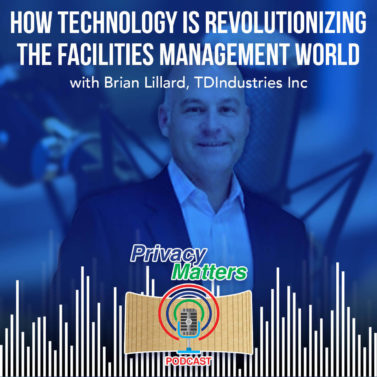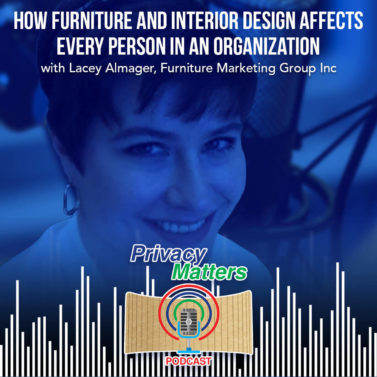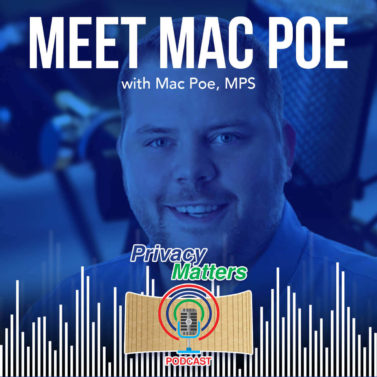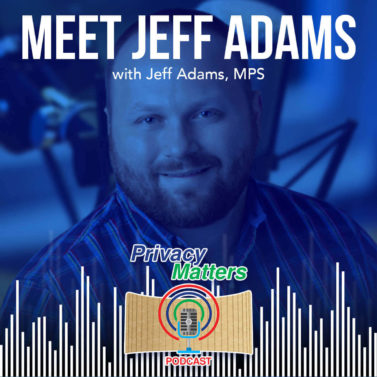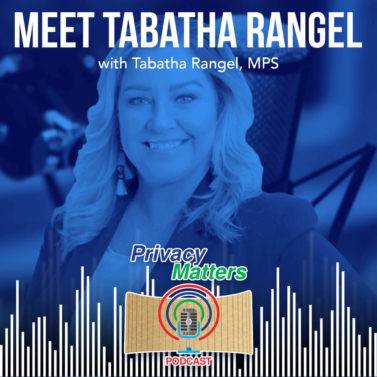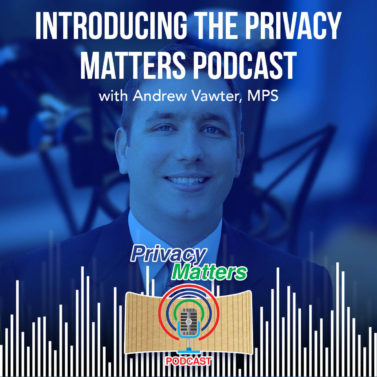Episode 16: The Impact of Technology on Construction
Construction can be a tough business. Contractors have to be extremely good at coordinating people, materials, budgets and problems. What makes one contractor different from another? Elias Bahar of Balfour Beatty thinks it has a lot to do with the culture of the company and personal passion. “one of our big focuses is on culture.” Says Elias. Elias believes that an aligned organization can go much further when all employees understand the big picture. This vision pushes Balfour to be different than other contactors. One example of this is the process by which Balfour is overly transparent with the construction numbers to a client. Elias believes that transparency helps them win business because they can show in detail what it will take to build the building the way the customer is requesting. This transparency has built a large group of existing customers who know and trust that the price they get from Balfour will be a very good representation of the final cost.
An organization that has alignment and understanding of the overall goal can typically accomplish great things. Elias points out how his company tries to achieve this type of thinking, “understanding the bigger picture versus just focusing in on, hey, I’m good at this one thing, or hey, I’m bad at this one thing…it is how do these all complement each other.” When employees can see what the organization as a whole is trying to accomplish, there is a better chance of everyone getting behind a particular way of doing things or philosophy. The employees at Balfour Beatty in Dallas understand this better than most.
Elias’s passion for construction is evident. “when you start thinking about if money’s not an object, what would you do? Honestly, I’d be in construction.” He has been in construction since he graduated and has plans to only continue in the industry. “I would like clients to be told the truth” is his final wish for the industry. There can be a lot of low bids and misinformation floating around in this industry, so Elias believes that passion for construction, aligned culture within the organization and focus on truth and transparency will ultimately put both he and his company ahead of the pack.
Andy: [00:05]
Welcome to the podcast. I am your host, Andy Vawter. My guest today is the Director of Business Development of Balfour Beatty Construction here in Dallas. He worked with the firm for over 8 years and been in construction his entire life. His name is Elias Bahar. We sit down and talk about his love for the construction industry and how technology is starting to change things at a rapid pace. As it relates to construction, we’re going to talk about augmented reality and how you can actually see what the final product is going to be before it ever gets built. As well as drone shots and how drones are starting to make it easier to see progress on the job site as the bill comes along. A very interesting podcast, I think you’re really going to enjoy this.
Andy: [00:53]
All right, Elias, well thanks for being here today. So you’re with a Balfour Beatty and you do sales, describe your position, what you do with them?
Elias: [01:02]
So my position is Director of Business Development which has the underlining of being sales but it actually is a little bit more than that. I learned that once I took the position it has more to do with leadership and more on the leadership development side. Particularly when it comes to making sure that employees understand what we’re doing, what we’re chasing, that they are being listened to, that they’re being heard and that we’re asking questions of them to make sure that we are doing the right things. So it could be anything from making sure people are happy at home, to make sure that they’re happy with their jobs. What are they using every day? What do we need to be adjusting? So it’s on sales. I go and chase deals all the time and I go look for projects all the time. But I’d say 60% of that is sales and 40% of that is making sure my internal team is happy.
Andy: [02:06]
Okay. Wow. Yeah. So that’s a unique opportunity then that’s similar to what I do is I’ve got that direct selling. I’m out there doing the job that all of our salespeople are doing but I’m also very in tuned to what’s the team in here doing, how’s everybody doing their job.
Andy: [02:23]
So you mentioned focusing their attention. Is there a specific type of focus that your organization or your team focus on as far as what type of clients or what type of projects you’re looking for?
Elias: [02:37]
Well, it’s two-fold on what we focus on. So from the project side, yes, it’s specific to what types of projects we want, what type of projects we want to go for, what fits our fastball, what are we good at, what are our team has to experience, what do we want to do. There’s definitely an area that we want to try and branch out into that we don’t have a lot of experience in but we have the qualified people that do it. They just don’t have the experience. So there’s that side of it and then on the internal side, one of our big focus is on culture and we have a big push to make sure that everyone understands what our culture is and that’s such a vague comment just in general because it could be anything and it could change every day and it tends to do that just because that’s the nature of this people and it’s people. People change every day. You’re not going to have a great day every day. You’re not gonna have everything’s not going to go your way every day. So your attitude’s going to be adjusted based on that and knowing how people are and how they react to things. You gotta make sure that you’re paying attention to that.
Andy: [03:57]
Do you feel like the culture you guys have at your organization is unique for your industry?
Elias: 04:03
Yes. I feel like we are unique. You mentioned you had TD industries in here not that long ago. Those guys we like to consider ourselves aligned with them on as far as culture is concerned. They’ve adapted that dramatically and we try to do the same thing. It’s obviously different being on the general contractor side but we do try to bring that in and that’s, you know, they have a lot of mass leadership training and we do as well. And essentially we have people that will go and do a mass leadership intro session and it teaches them about themselves. You know, most of what the training is they already know. They just may not know it altogether. So understanding the bigger picture versus just focusing in on, Hey, I’m good at this one thing, or Hey, I’m bad at this one thing. It’s how to do these all complement each other, how do you make it work every day for you.
Andy: [05:08]
Yeah. So obviously you like your job. (Elias: I love it.) What are some of the favorites, like your favorite things about the job? You may have already answered that but-
Elias: [05:19]
Well you know, so I’m a people person. I know you are too. I love talking to people. So being able to go and converse with our employees and see what’s going on in their personal lives, in their jobs. I want to know who’s happy, who’s not. That’s probably my favorite part. Obviously winning a big project is it’s gotta be high up there. Right? And winning a lot of projects is fun but making sure that I got, I just enjoy talking to people.
Andy: [05:55]
Excellent. So take us back, when did you get into this industry and was there a moment that you decided this is what I want to do or how did that all come about?
Elias: [06:07]
So there was a little bit of an Aha moment for me when I was in school. I got my bachelor’s from Auburn University and when I was (Andy: I know there’s a sticker on your truck.) You noticed that on my truck. Yeah. Yeah. We’re proud. And so when I was in school, I went in initially just kind of general studies I did. I had a political science degree or that was my major route. And I met some friends and found out about this building or this construction science building science program that Auburn puts on and it’s one of the tops in the nation. I didn’t know that at the time, I didn’t know that before I got there. And so I went and hung out with them a few times. We went to Atlanta which is about an hour and a half drive from Auburn. They took me on some tours of some buildings that they were interning with some contractors in Atlanta. I got to go and put a hard hat on and a vest and go walk around a job site. And I was just, I was shocked, you know, I was just stunned. I didn’t know what they were doing but I knew I liked what they were doing. I’ve always kinda had that construction mindset. My dad has a residential renovation business that he’s been doing for years and he used to make me go work for him. The keyword is made because I did not want to go. I was a laborer and I was good at mixing concrete and building fences and digging ditches and I hated that. Taught me a lot of lessons there but because of that, I kind of have a little bit of an engineering mind at from growing up. But then once I went to go visit that job site, I knew that’s what I needed to do. So I immediately made my transition over and turn started going down that route.
Andy: [08:15]
Excellent. So from that point on you’ve been in the industry?
Elias: [08:19]
Yup. So actually after Auburn, I went to grad school at Southern Miss. I got my Master’s in Construction Management. I wanted to go work for an owner’s rep, construction management firm. And I was very fortunate and as soon as I got, as I say, fortunate when I was looking for jobs and nobody was hiring I applied everywhere. (Andy: I know that feeling.) Yeah. And it sucked and nobody would even call me. Nobody responded to emails. Nobody acknowledged my existence except for my family. So that was hard but I did get lucky. I ended up going to work for a construction management firm, Pritchard Associates, and I was there for about six and a half years before I moved over to Balfour. But it was exactly what I wanted to do. I got really lucky. So my experience, from 2011 until now is when I’ve been working. So coming up on 8 years here that’s a little over 8 years now I’m feeling old. (Andy: Yeah. As I say, you’re one of the older guys that are probably, huh?) Yeah. Well, the cool part about being on the owner’s rep side is that you see you the whole thing, you see the big picture. I’ve always kinda been a more broad lens versus narrow lens. The fun part for me was being able to see why the owners decided to do what you know, how they make the deals work. Understanding when we send them a budget that they’ve got to fit it in their budget and then they have other costs associated with the project is not just construction costs. And so seeing all of that helped me get a better understanding of a project as a whole. I worked on so many different kinds of projects. Being an owner’s rep, you’re allowed to, or you’re able to work on more projects at one time just because of the nature of the involvement that you’re in.
Elias: [10:27]
So, because of that, I worked on multifamily, I worked on industrial, I worked on a commercial high rise, I worked on interiors. I worked on civil projects doing some putting in infrastructure. And so I got to see a multitude of different kinds of projects and understand drawings and reviewing drawings and understanding details better. And so from the owner’s side to the architect side all the way into, you know, when it’s actually being built, understanding the process of how construction works, I got to see the whole thing. So it was cool. It was a great experience for me.
Andy: [11:13]
So now, who would you say are your customers? Who are you calling on to try and uncover opportunities?
Elias: [11:21]
Sure. so we have a lot of existing recurring clients. We’re fortunate that we do have that. My usual calls are to architects on the interior side include an education. Really, let me back up a little bit more on my role. So I do business development but I do business development for our interiors group, which we have an interiors group that does $120 million a year in interiors alone. We have an education group that does over 200 million a year, and we have a large project group. So we have three business units in our large projects group is around 500 million a year. So we have all together, we’re close to 752, $1 billion a year in projects. And so my focus has been on interiors and now I’m starting to get more involved with the education group. So K through 12 higher ed and because of that shifted a little bit of my mindset on who I call on being with education, you’ve got bond programs that are voted on and they go for years so it’s easier to track those. With the interiors world, it’s so fast-paced that usually, I’m just reacting not all the time. (Andy: And just so everybody understands what you’re talking about interiors that mean the building is already there. You’re fitting out a suite or a floor or something for a customer so they can move into space.) That’s right. So the company moves into a building, we will go and finish out, we’ll actually build the walls, build the insurers, build the ceilings, put the flooring in, all that.
Andy: [13:07]
So you got someone that’s their lease is up and they’re moving to a new space. They’ve got 10 months to where they got to get bids. It’s got to get it all figured out and get it built so they can move in on a certain day. (Elias: That’s fast.) And when you’re talking about education, it’s a bond that gets proposed by the school board and it goes up to a vote that’s a very public and you also know how much money you have because they actually pass a certain dollar in there. And they usually have specific things that the bond is going for before. So you’ve kind of got time to hunt down the opportunity because they’ve, you know, there are several years into that process by the time it gets down to what’s gonna cost to build this. That’s right. (Elias: Yeah. Yeah, that’s right.) That’s interesting. And then to a new world learning how to do both of those effectively. (Elias: I’m still learning. Right. Let’s be clear.) Hopefully, we’re all still learning. It’s crazy.
Andy: [13:59]
So that kind of leads us to like what’s changing in the construction world. I mean whatever you knew yesterday is probably obsolete in some categories. Right? So what are some of the biggest changes you’re seeing?
Elias: [14:11]
So the changes I’m seeing the most of are more on the technology side. We have started implementing Augmented Reality (AR) into what we do. It’s very early on. It’s very elementary as far as how we’re using it but it’s going to be the future. (Andy: So is that like someone putting on a headset and seeing their space but with the walls in place.) That’s virtual reality. (Andy: That’s virtual reality.) Augmented Reality is different. I should know the definition of this cause I’ve been doing presentations. Augmented reality is taking a computer-generated image and superimposing it into a real-world scenario. So for example, I have an app on my phone that I can pull up a model of a building or a model of a city block and show a site with a crane and show access ingress and egress to get on that site. And I could show it to you on this table versus virtual reality. It’s in a room. Typically it’s in a room. You have a screen that is projected on, you have a headset on, there are sensors in the room that picks up the headset so they know where you are in relation to the model, and then that model is implemented and you can actually fly through the model. So that’s the virtual reality. Augmented reality, it’s so cool. It’s bringing something into a scenario and the eventual goal of augmented reality for us and this will probably change but for right now the eventual goal is to be able to go into a meeting with a client and say, and sit down with the model and be able to pull it up. So show it on the desk, have an iPad that actually you can show it and fly around it there. So it’s a lot easier to use. It’s also a lot more mobile.
Andy: [16:16]
That’s pretty fantastic stuff. I mean, that’s really cool. I was talking to an electrical contractor, so no GC but in Iowa and they were saying how one of their newest divisions is drones and they use it for surveying. And they said the fact that now they can take a drone and survey in a day, what used to take just forever on the ground. And they get these really cool aerial shots and video footage as well. So like, you can sell this, you know, it’s even cooler than just here’s all the stuff you needed. We can also kind of sell the fact that you get this really cool video and all this stuff. So that was one aspect he was saying how it’s transforming. It’s like the fastest growing division in there in our company because I’m sure you’re seeing that at your level as well.
Elias: [17:04]
We’re using it. We’re using drones too. So the progress pictures are able to go fly around a building and take pictures and send those to clients. That’s really helpful. They’re actually to go even further with drones. They’re working on being able to create models based on drone imagery to create a model of a building from a drone image. So that’s the next iteration of drone use.
Andy: [17:32]
Take drones and basically make augmented reality from the drone footage. Well, that’s pretty cool. Why build buildings and if it’s already digitally there, right? I mean, when you look at it from your perspective, a guy that is trying to interact with the right people and show them why you and your company are the right fit for them like that makes- I can just see the leap forward for you and your organization because now that’s one of the most frustrating things. I’ve never been a customer to build a giant building or anything like that but I have been a customer to build a home or do small construction projects and that’s one of the biggest frustrations is like, okay, but I really need to know what this is actually going to look like cause you’re gonna want money upfront. I’m making a huge decision here and I can’t really back out once I’ve decided what am I getting. And so the closer someone can get to showing you modelling and rendering and real-world visuals of how this is going to look and like even said, showing project completion as it goes. You can actually verify that things are moving in the right direction that just seems like everything I’ve ever wanted as an end-user trying to get a contractor.
Elias: [18:50]
Absolutely. Yeah. It is. It’s really a tool for us and we’re not done with it yet. I mean it’s still early on and we’re still learning what its capabilities are. You’ll see construction technology is one of the most funded investment portfolios in the real estate industry in the country right now. Because of that, it’s so far behind everything else. We are so used to plans having something printed on and in front of us on the desk that it’s so far behind. It’s crazy but it’s going to change. It’s radically changing daily.
Andy: [19:37]
So was that something that the majority of the general contractors out there are getting behind, would you say? Or are there still just a few leading companies doing and everybody else is lagging behind?
Elias: [19:49]
I think there’s probably only a handful at least in the Metroplex that does implement that technology. I think the barriers to implementation are starting to come down to allow it to be easier for other people to use. But it’s going to take, probably it’s gonna take a while before everyone is using all that.
Andy: [20:11]
So what are some of the things that you would say make your job exciting outside of really cool technology? Cause that excites me to think about.
Elias: [20:19]
Yeah, it excites me. And look when you talk to somebody else and they say, wait BD guys talking about technology. Why does he need to know about technology? So it’s fun. It’s exciting to me. Other than that, I think the pursuit of a project to me is what excites me. Being able to go in and talk to a client that’s looking to do a building and understand what they want from that building, right? So whether they want a cool facade, whether they want to lease it up and they want to sell it, you know, whatever their goal is, whatever they want from a project. Understanding that being able to help them get there and then go and build it. That’s what excites me every day. I’m very passionate about construction and I’ll answer one of your questions here in a little bit about that. But it’s being able to follow the process all the way along is what gets me up every day.
Andy: [21:31]
So is that something you would say sets you and maybe your company apart as well? I mean, I envision the fact, one of the frustrations I’m sure that a client or a client rep or an architect has is Hogan. We put this out to bid and then it’s just gonna be the lowest bidder or who can do it for the shortest timeline or the least amount of money and you haven’t said that at all yet about what you guys do, right. So I’m assuming you’re not the cheapest or necessarily the fastest. You’re what’s right for the customer.
Elias: [22:05]
So it depends. I say that with an asterisk because it does depend. I’m not going to name any names or name any projects but we have between our large projects group where we can build massive structures and our interiors world. For example, if there’s a client that has a corporate build a suite, they have to have a tenant in a certain period of time. What sets us apart is the fact that we can do both of those things and we can do them concurrently versus the process of having one GC or two GCs, one building and then another one coming in and finishing out. The reason that we are able to do it sooner is that from the city’s eyes when you permit. If they see one general contractor who’s doing the project, they’re doing the interiors and they’re building the building, you’re allowed to get in sooner. You can actually start the process sooner. In some cases, that could even be as much as three months. So from that standpoint, three months of general conditions, three months of rent not being paid. That’s serious dollars. From a budget standpoint, we like to cover the bases and make sure that everything is covered. Another thing that we have to do as well, we’re a publicly-traded company and because of that we’re not allowed to put, we legally are not allowed to move our general conditions. So anything that takes from our side to build a project, our payroll, our job trailers, everything down to portal that rentals, everything is shown. We can’t put any money into any other divisions. And I’m not going to say others do but we can’t. (Andy: Okay, that makes sense.) So from that standpoint, we do not show our fee somewhere else.
Elias: [24:17]
We do not hide our numbers anywhere else. It’s very transparent. We also cover our bases from a budget standpoint that if for example, the drawings are, let’s say they’re 60% a permit set, you’re not going to have all the details. You’re not going to have all the finishes selected. You’re not going to have light fixtures picked, you’re not going to have these things. We put those numbers in there to make sure you don’t lose those, right? Because change orders are a thing and if you ask any client that’s worked on a project with us. You can ask them how many times we’ve forgotten something because they could remember it because we don’t do it that often. (Andy: That one time.) Yeah, exactly. And we catch it and we say, okay, all right, we messed up.
Andy: [25:05]
So that sounds like from my limited understanding then that puts you in. It also makes sense why you’ve been with the company so long and it puts you in a very good position because you don’t have to just lower the cost or hide things to change the order later to win the business because you’re more efficient. You can save them money by doing something faster or concurrent projects. And still, be coming in at an aggressive price without having to cut your price essentially. That makes a whole lot of sense the way you described that.
Andy: [25:41]
So if you had, this is more industry-wide, if you had a magic wand and could just fix anything that you see out there, what would you fix?
Elias: [25:52]
Oh man, I’m going to get in trouble for saying this. I would like for clients to be told the truth about A, what a project actually costs and B, what it actually takes to build it in time-wise. Yeah. We have such a hard time explaining this is what the schedule is. If somebody tells you they can do it faster than that, they’re lying to you. And there are contractual ways that they can lock people into those dates but there’s wiggle room as well. So, we’ll lose business because we tell them honestly the truth of how long it’s going to take. They go with somebody else who, you know, forever reason doesn’t meet that schedule and they come back and tell us, Oh yeah, you arrive. And we don’t want that because frankly, they are misled on their expectations. They’re not managed properly. And, the project becomes sour and you don’t, you know, anytime that you end on a project and on a sour note, it’s not good. Absolutely. So, if I could fix one thing industry-wide, I mean this is all the way down the whole ladder. This is not just other contractors, these are brokers, these are owners, reps, these are architects, these are other, these are us some time. (Andy: Everybody involved in the planning and construction.) Yeah. Everyone, if we could fix that, we would save a lot of people a lot of heartaches. And in some cases, you know, most of the developers that do this every day, it’s you know, they kind of know the game, they understand it, but for the one-offs or the guys who only do a couple of these a year, if that can be a big difference, that could possibly bankrupt. So, you’re talking about real people, real issues, real-life problems that people are just throwing it out there.
Andy: [28:01]
That makes a lot of sense. It’s not really a selfish answer because if that’s fixed, that doesn’t necessarily mean you get more business from them. (Elias: No, it doesn’t. It means everybody’s telling you the truth.) It just makes it, well, and also, I’ve done several of these podcasts and I’m trying to find people who are successful at their jobs, working for successful organizations. The one thing that you always hear regardless of what specific industry or what specific, you know, if they’re an architect or a GC or designer or dealer or whatever, if you’re focusing on the best interest of the customer, you’re going to have success. And that’s, I mean, that is a universal theme that everybody is talking about. And you can hear it from what you’re saying. It’s like, even if it’ll pick you, it’s just the fact that now they’re frustrated and it’s sour is bad for the industry, right? It’s just bad for interpersonal relationships. You want people to feel like they’re successful at what they’re doing and that did not end that way. So yeah, that’s a consistent theme regardless of if you’re an architect, a dealer trying to sell the furniture on it or trying to build the entire building like shocking about.
Andy: [29:16]
So, all right, some more personal questions here. What is your favorite thing to do when you’re not at work?
Elias: [29:22]
Play golf. (Andy: All right.) I’m easy. (Andy: How often are you playing golf?) Not as much as I’d like to, again, the business development side. I know that people would disagree with that including my wife but I’m lucky if I can get out once a week and that’s a lot. (Andy: My wife would say that way too.) Everybody says this a lot. (Andy: But yeah, if you love it though, it’s not too much.) And then not, and I probably should put these on the same level. It just in case my wife is listening, it’s hanging out with my wife and my newborn as well.
Andy: [29:56]
There you go. Yeah, that’s a given though. (Elias: I mean given, right.) That would be a cliche answer that what you gave. (Elias: So thank you.) I’ll bail you out on that.
Andy: [30:04]
And then if you had all the money in the world, what would you do?
Elias: [30:10]
If I had all the money in the world so that this was- My wife and I have talked about this last night for a while. Cause it’s interesting when you start thinking about if money’s not an object, what would you do? And, honestly, I would just, I’d be in construction. I probably own my own construction company but I would be in construction. I mean, it is, I love it. It is exciting. It changes every day. There are no two days are ever the same for similarities, but every day is different. And being on a job site, walking around a job site, understanding how pieces are being put together, it’s what drives me. And it may sound cliche, but I would own my own company. I’d have somebody managing it. I’d play a lot of golf.
Andy: [31:06]
There you go. So, yeah. Perfect. Perfect answer. (Elias: When I’m not on a golf course during the workday, I’m on a job.) So do what you love and then also do what you love. Yeah. Well, I really appreciate you spending a few minutes with us and it’s obvious your passion for construction, for customers that you’re dealing with, and definitely the industry is better off with you in it.
Elias: [31:27]
Thank you. I appreciate that.
Andy: [31:28]
Thanks.

